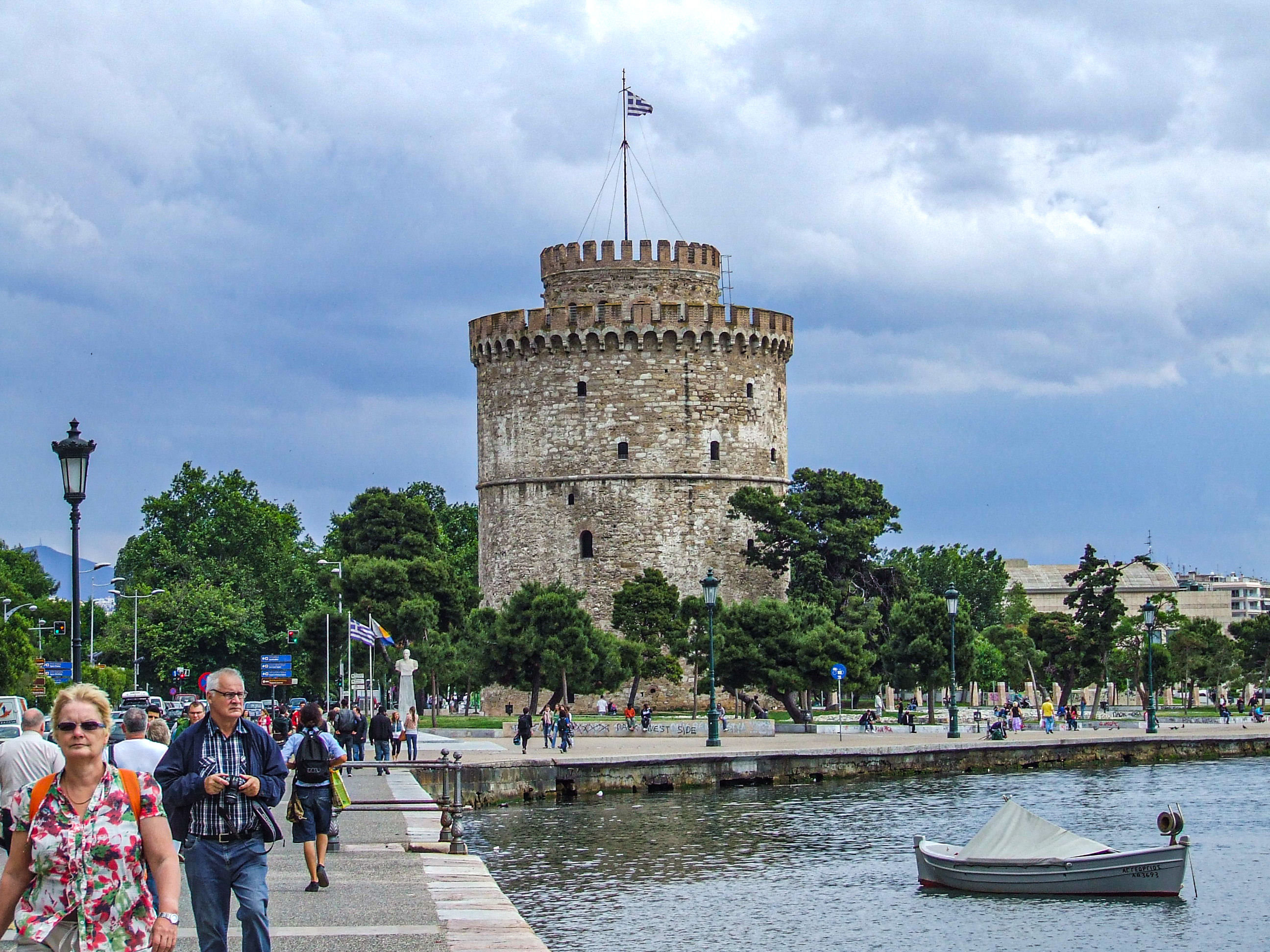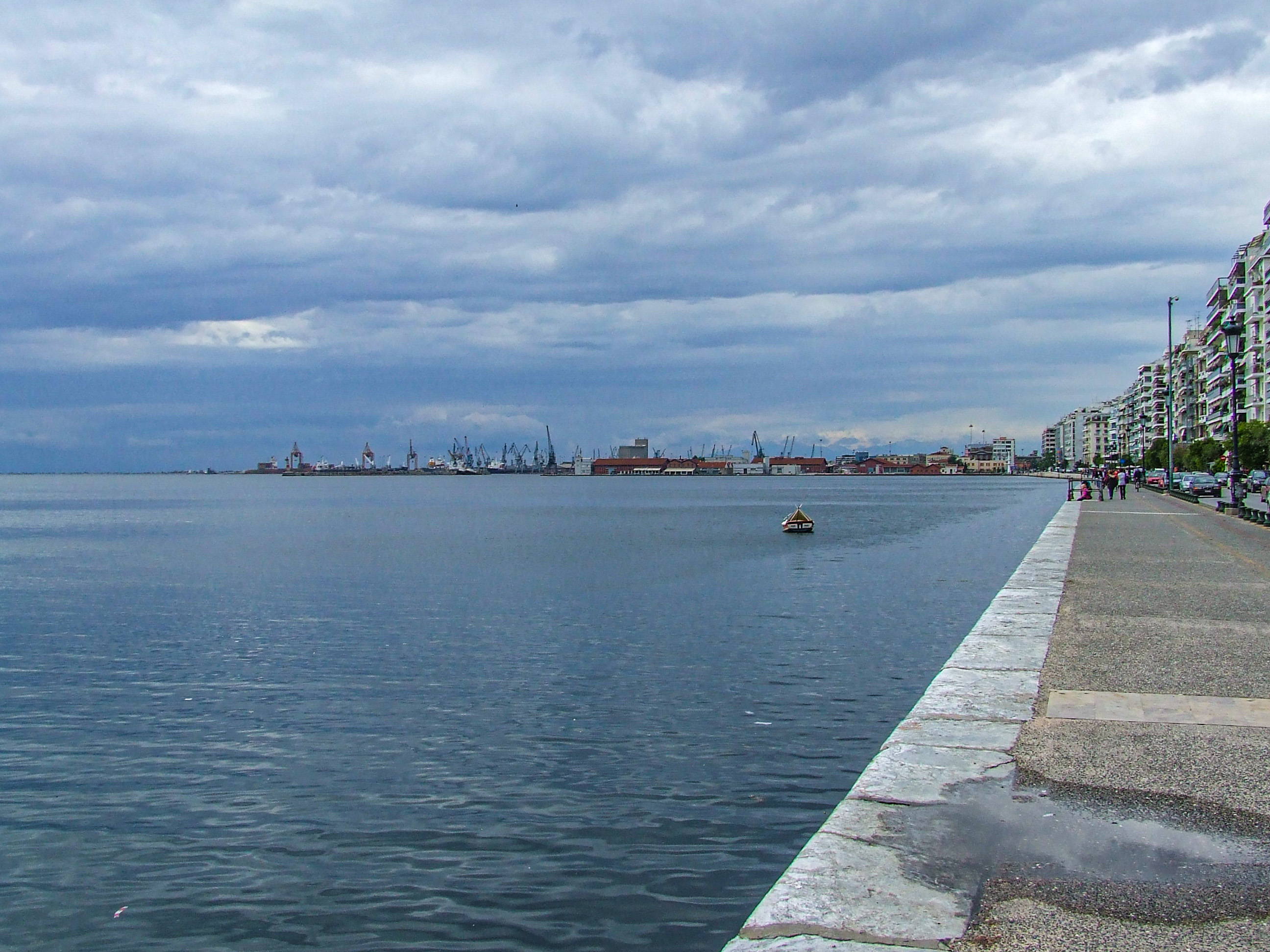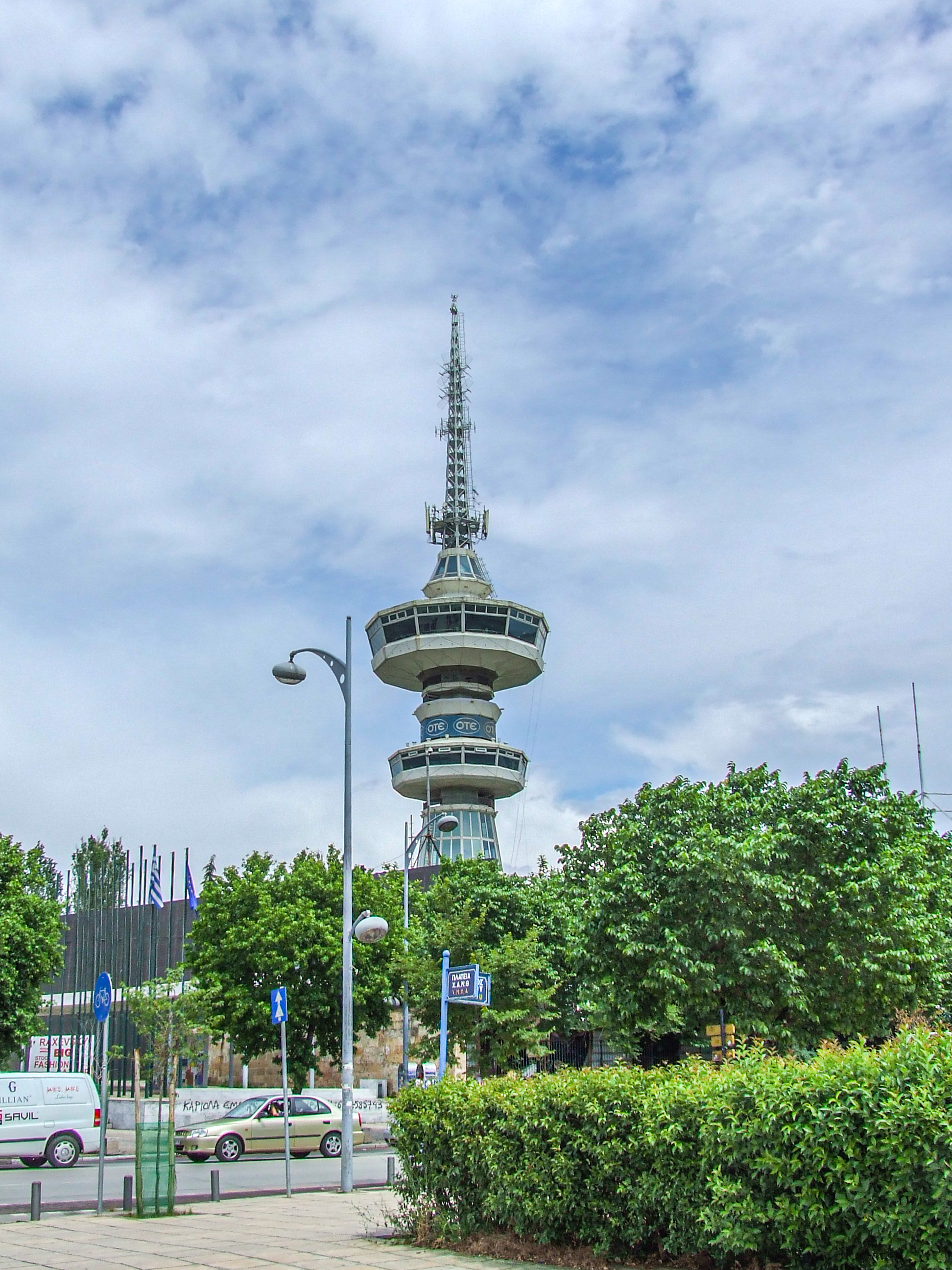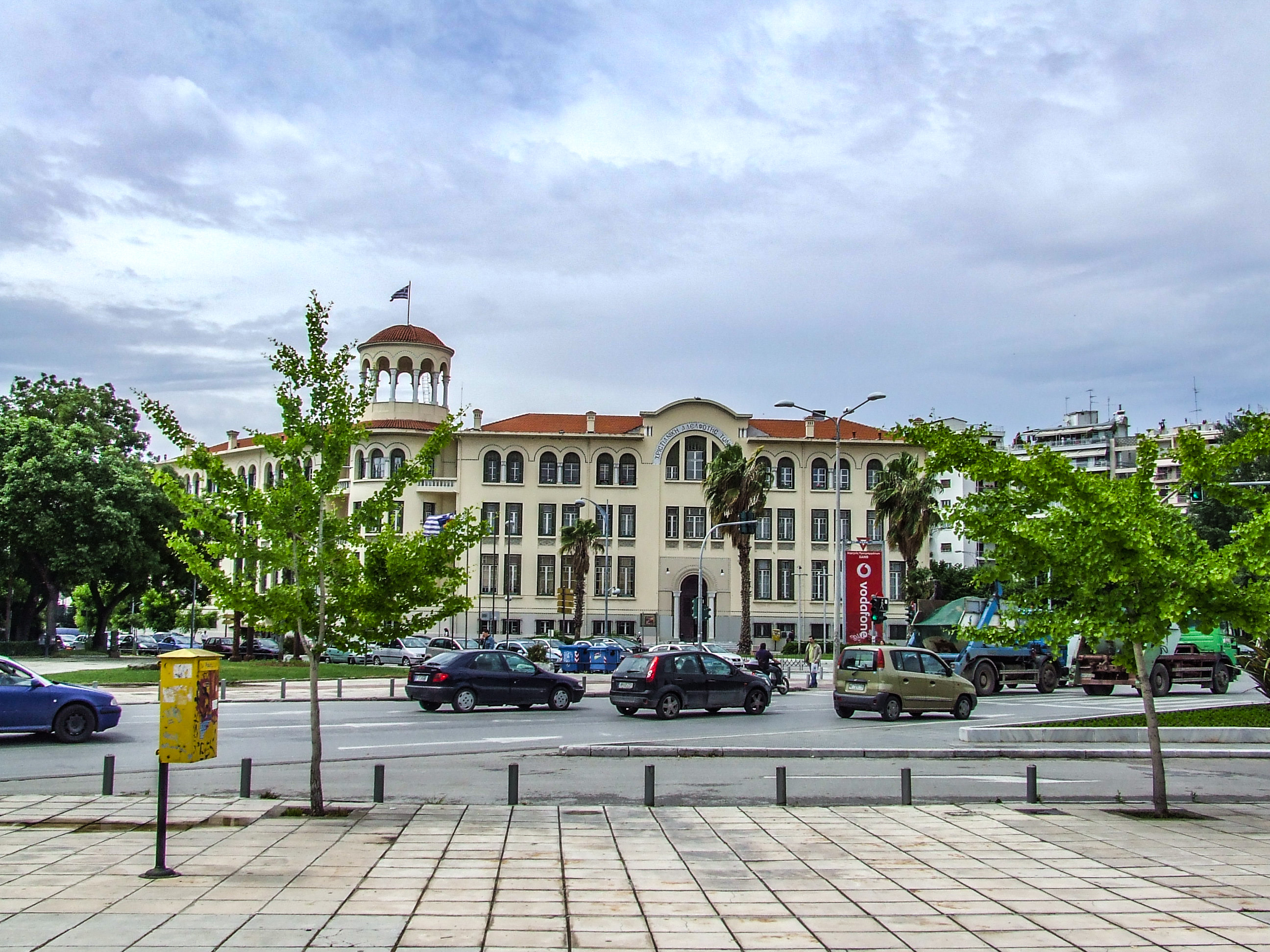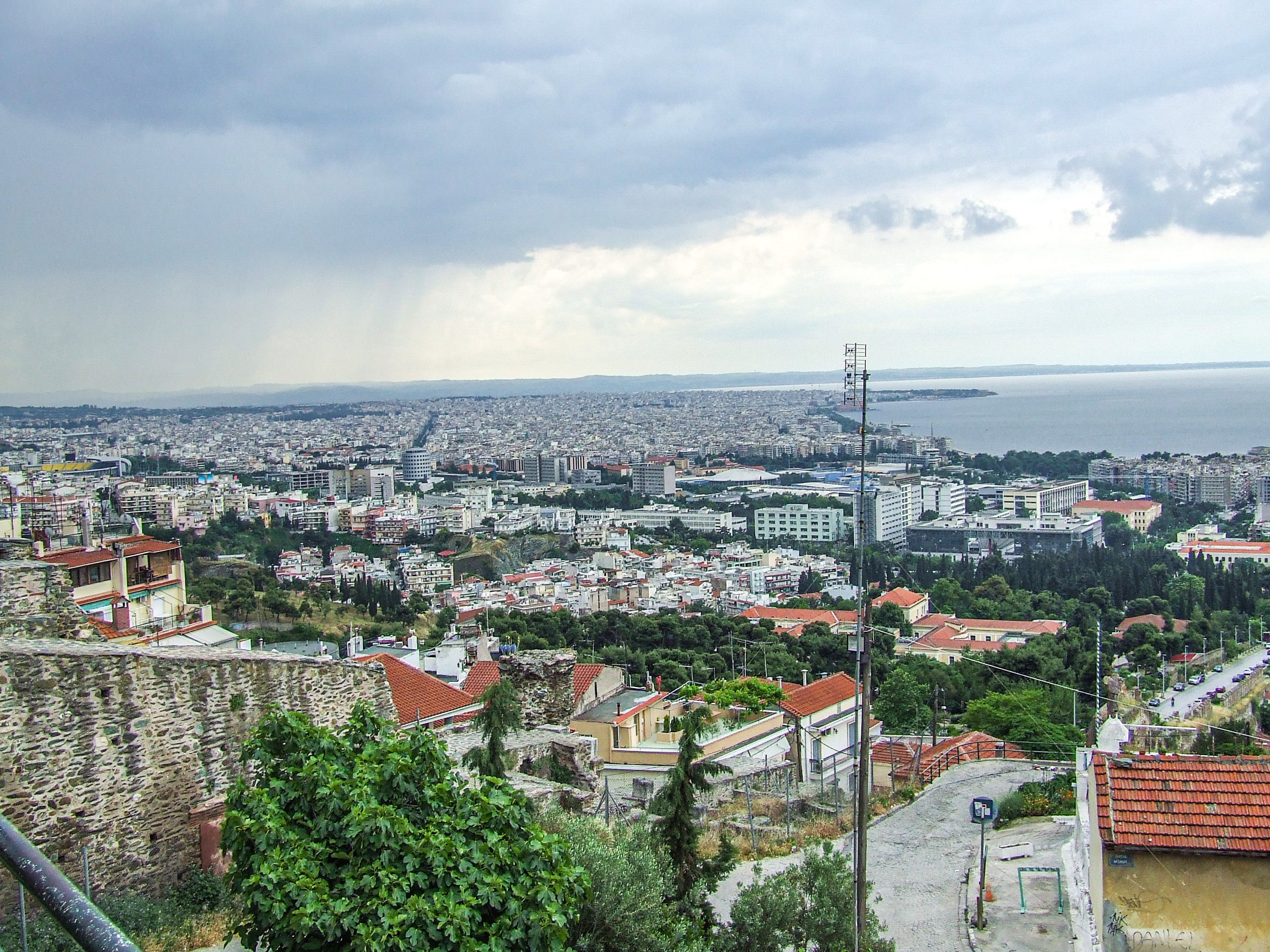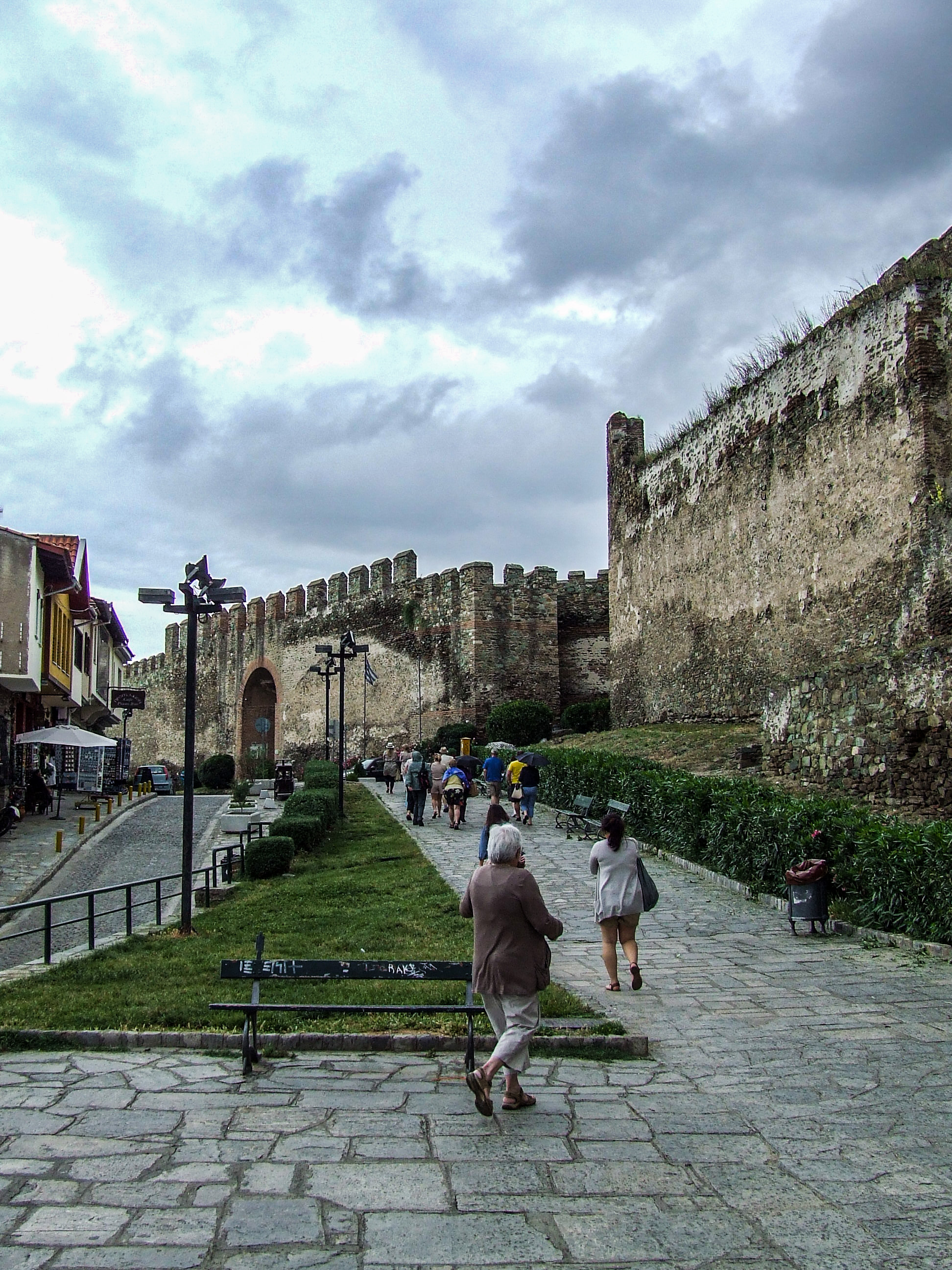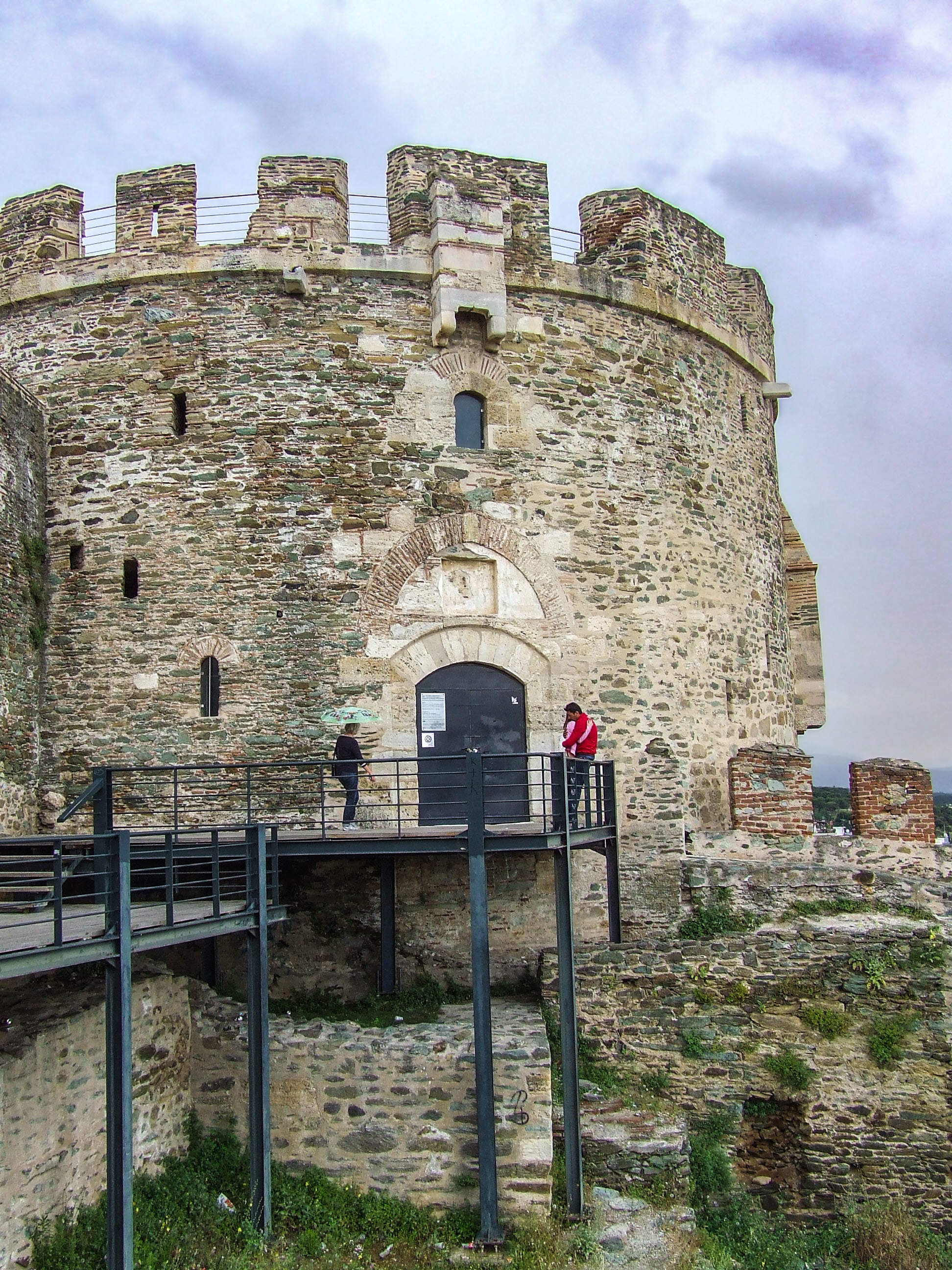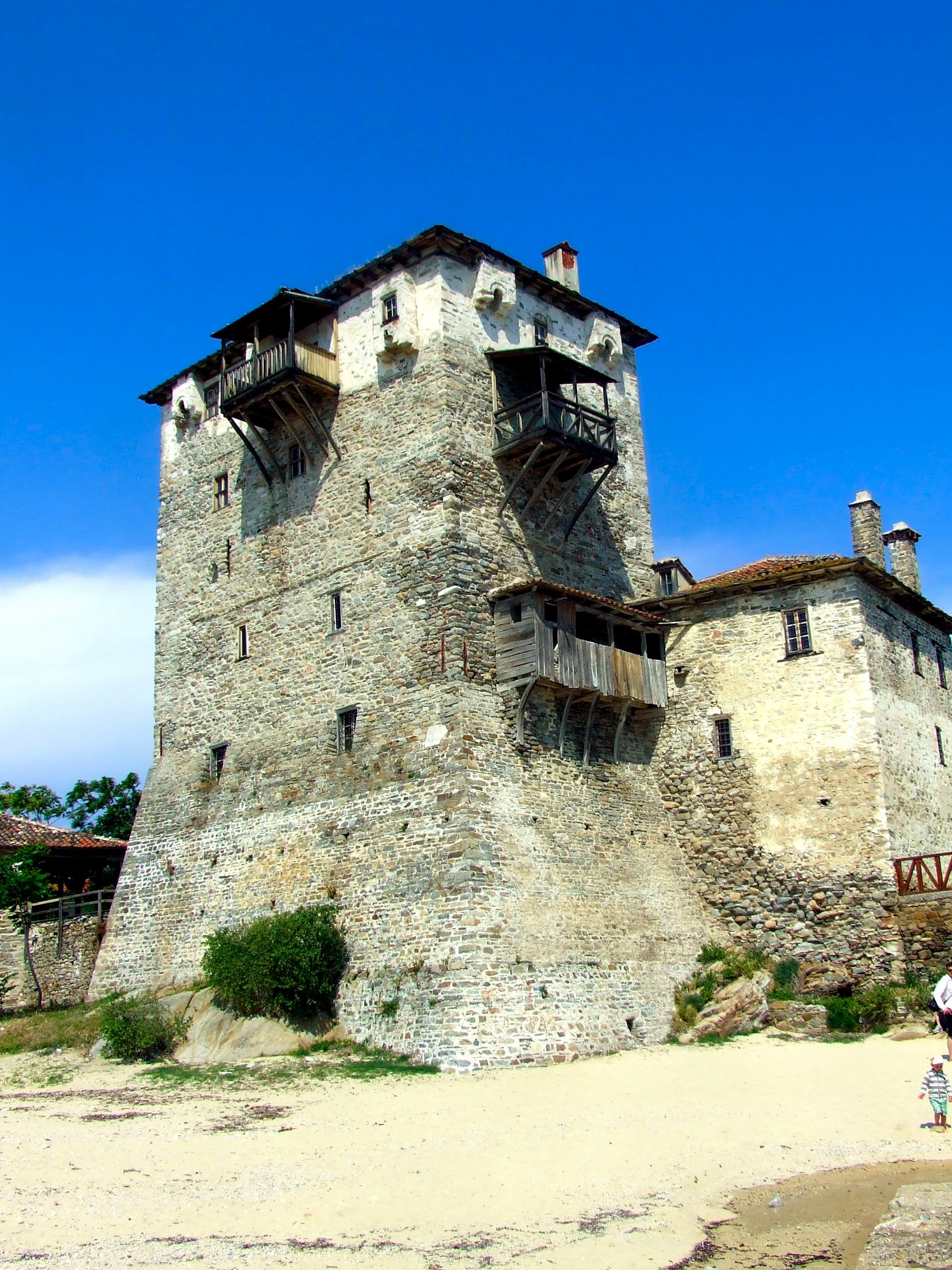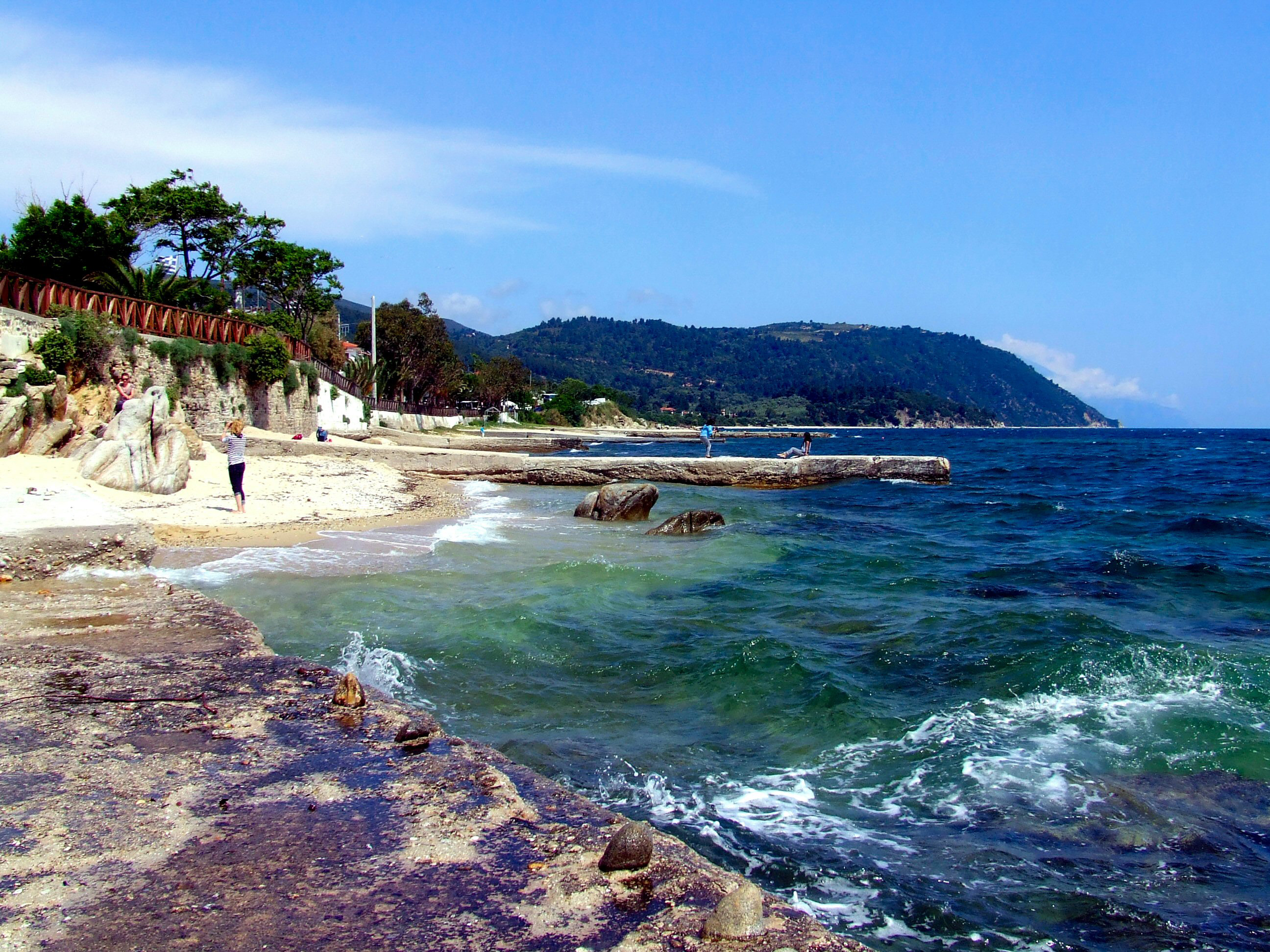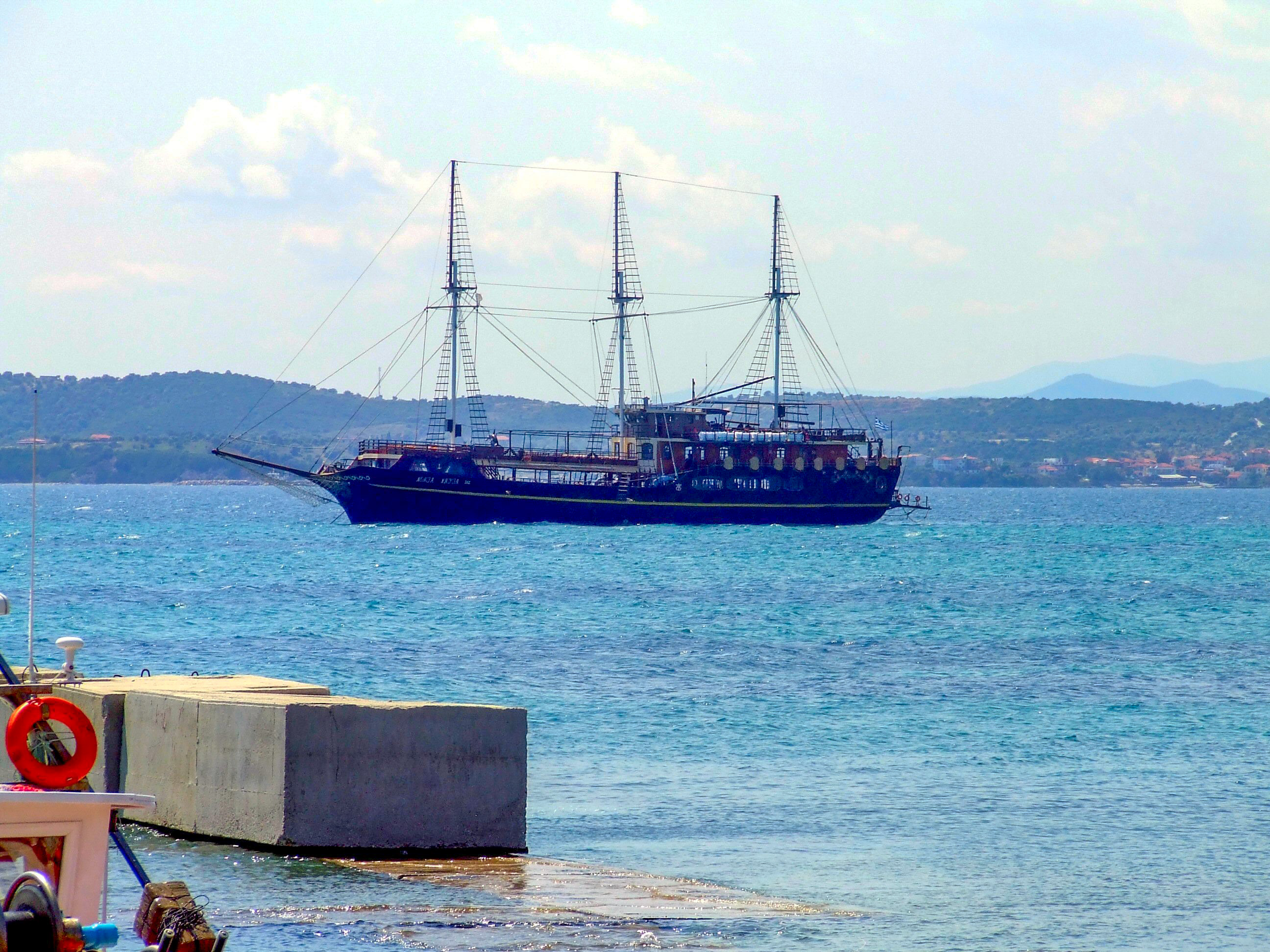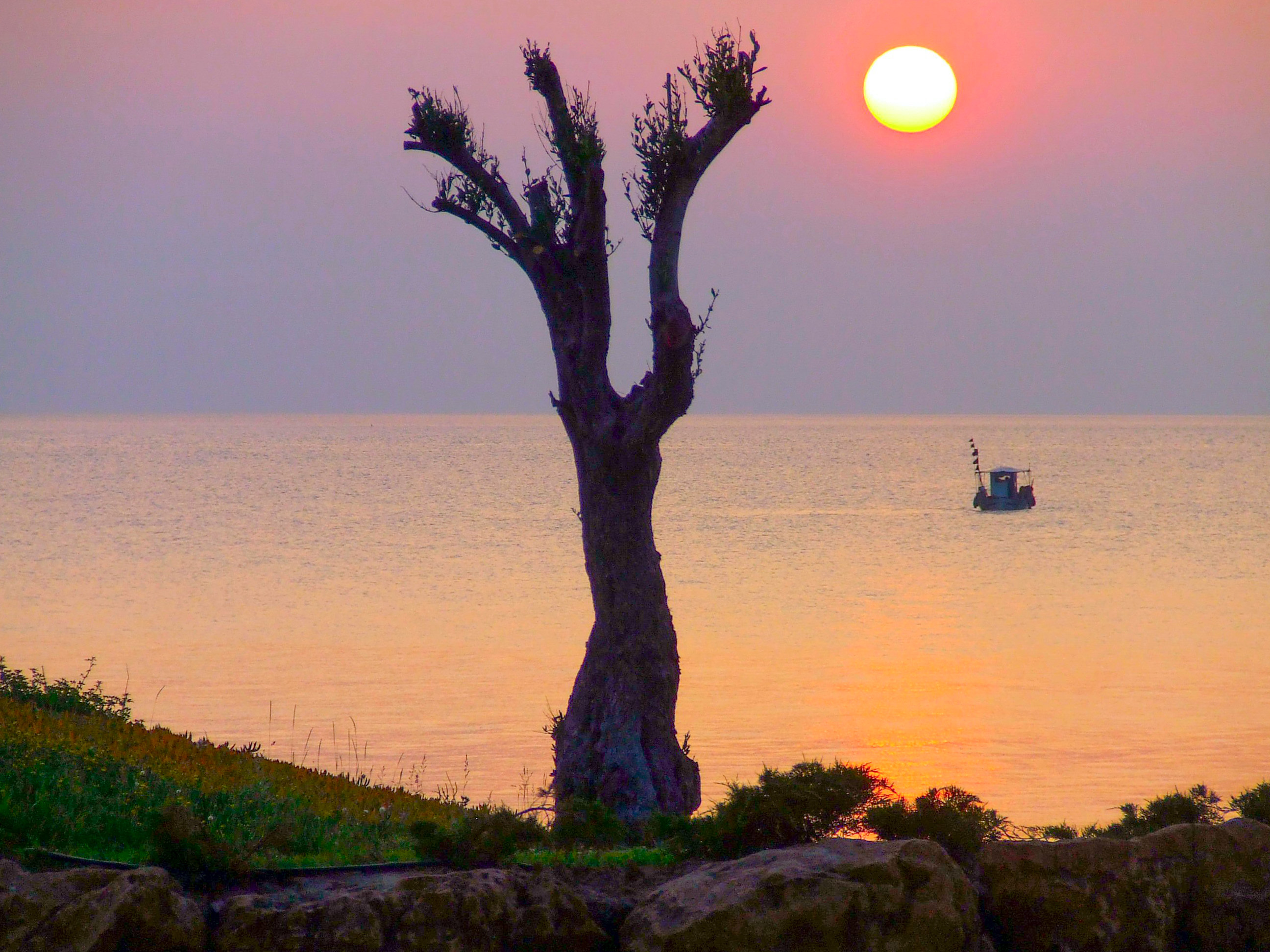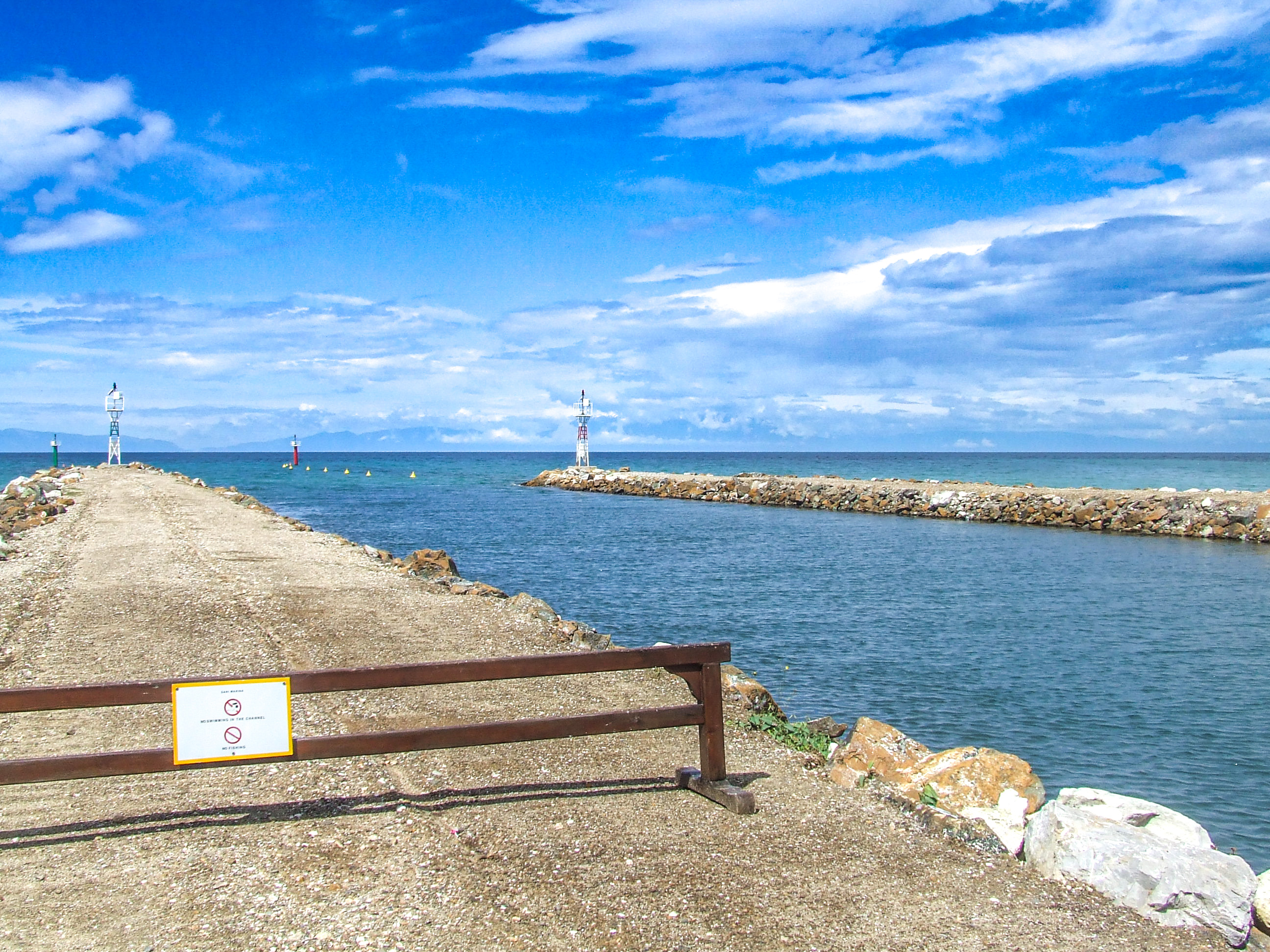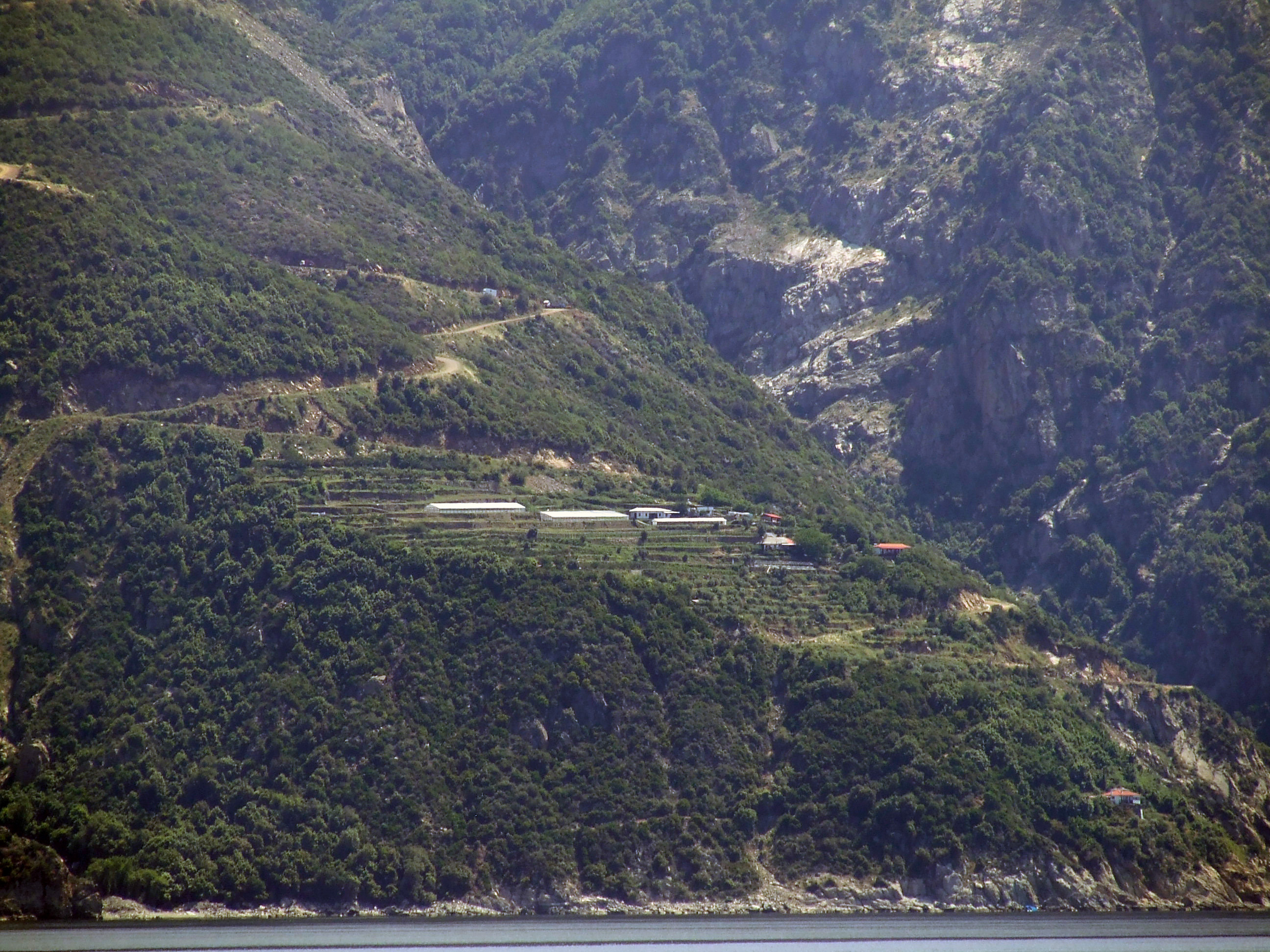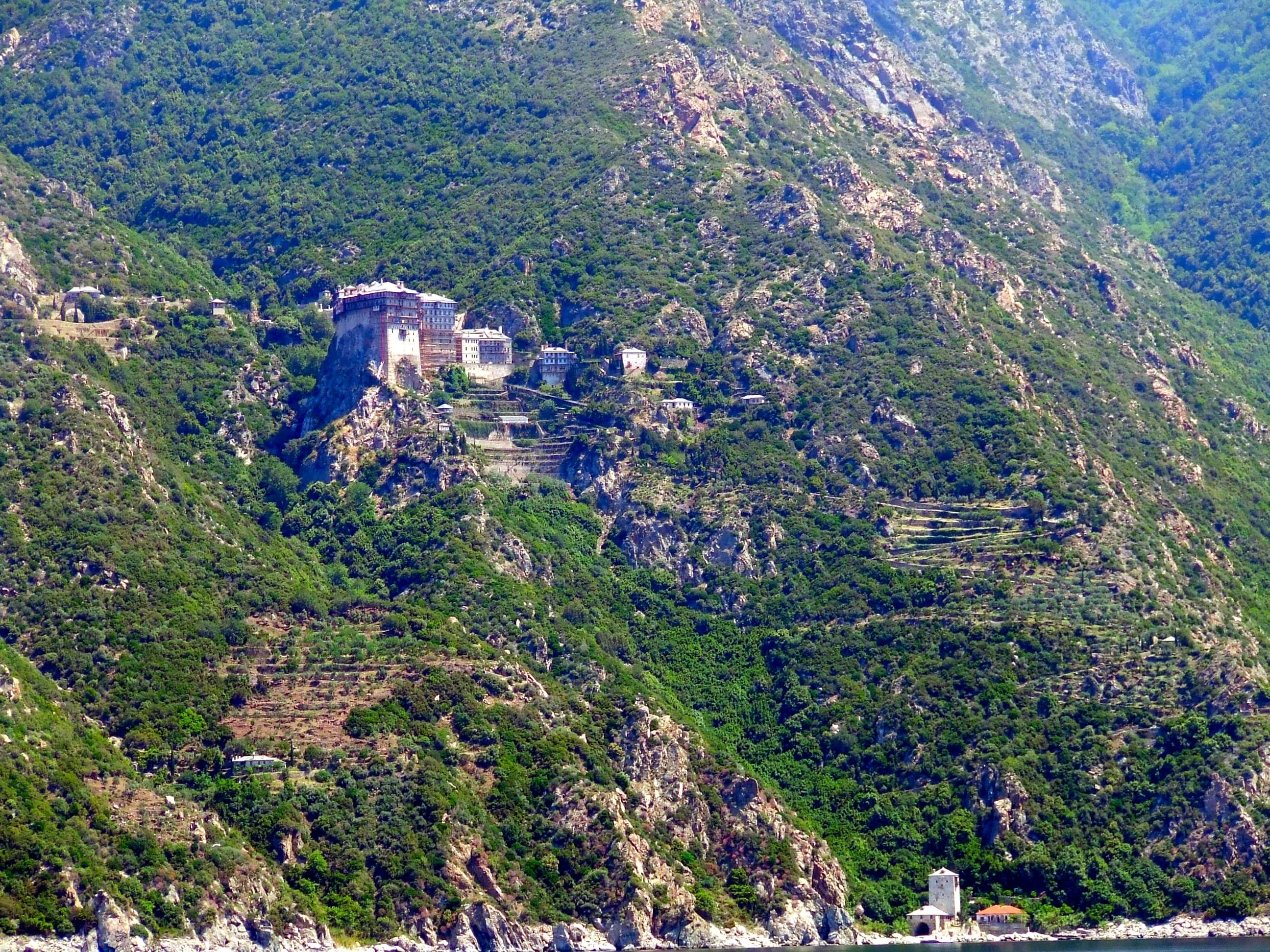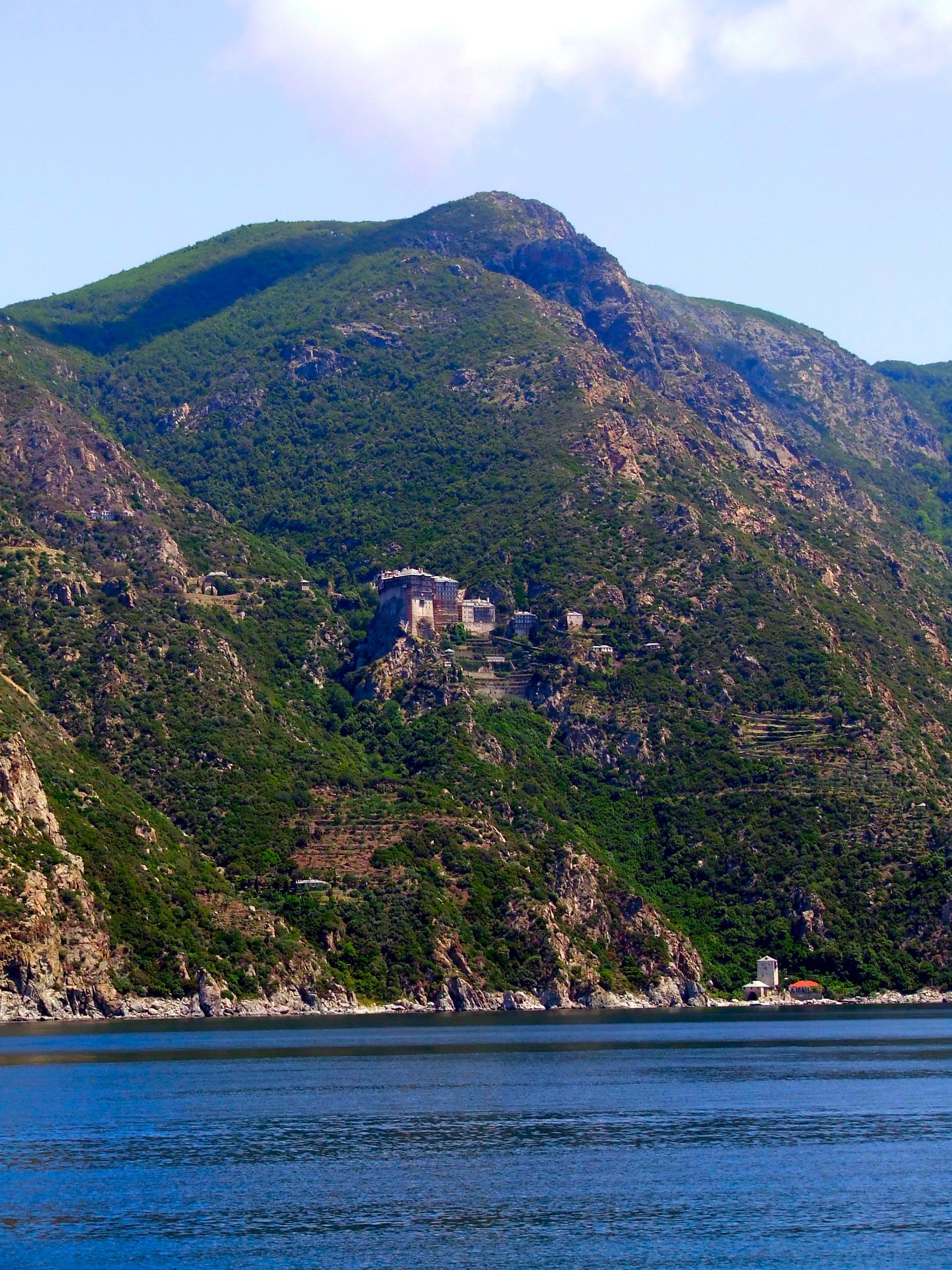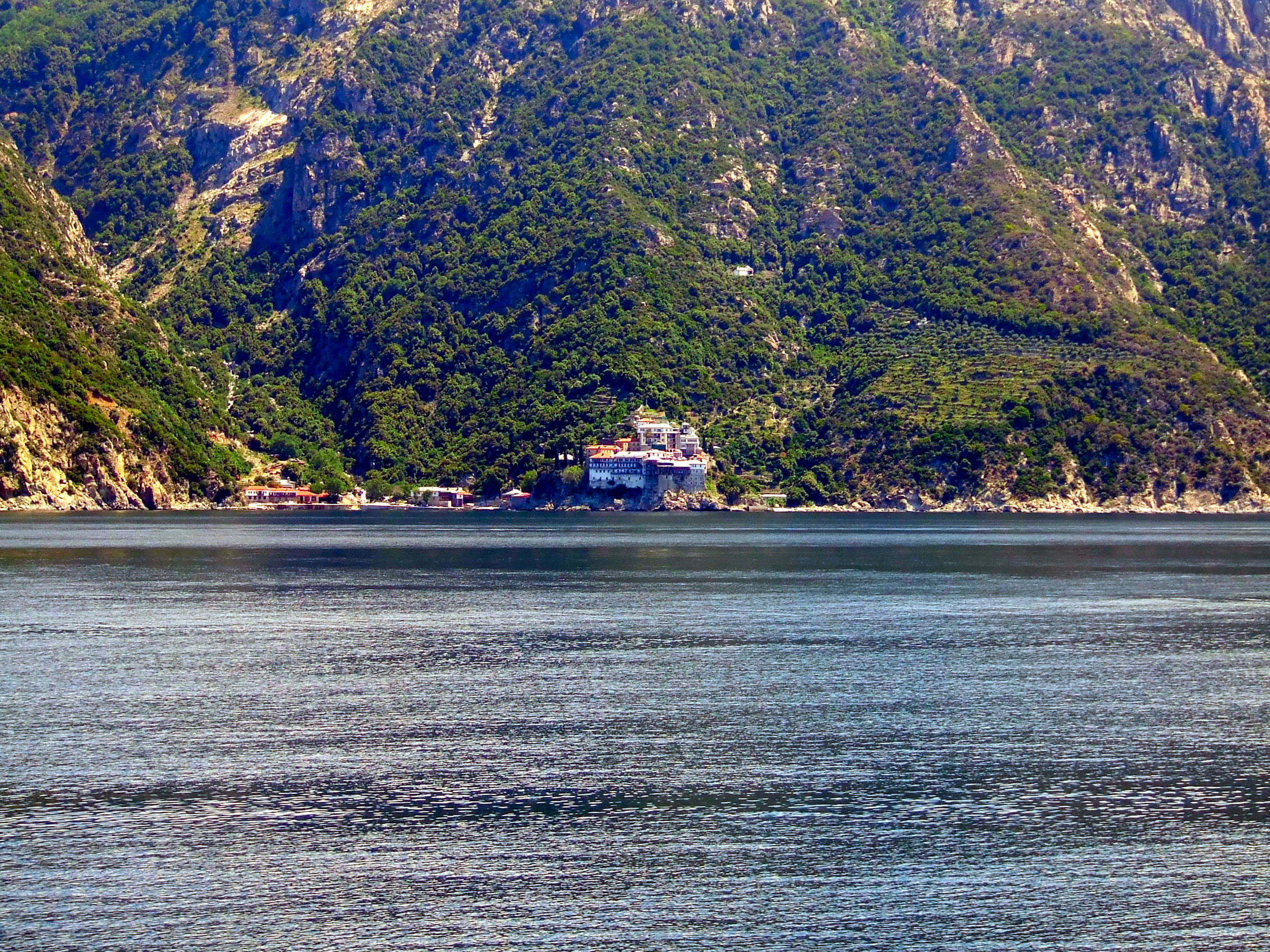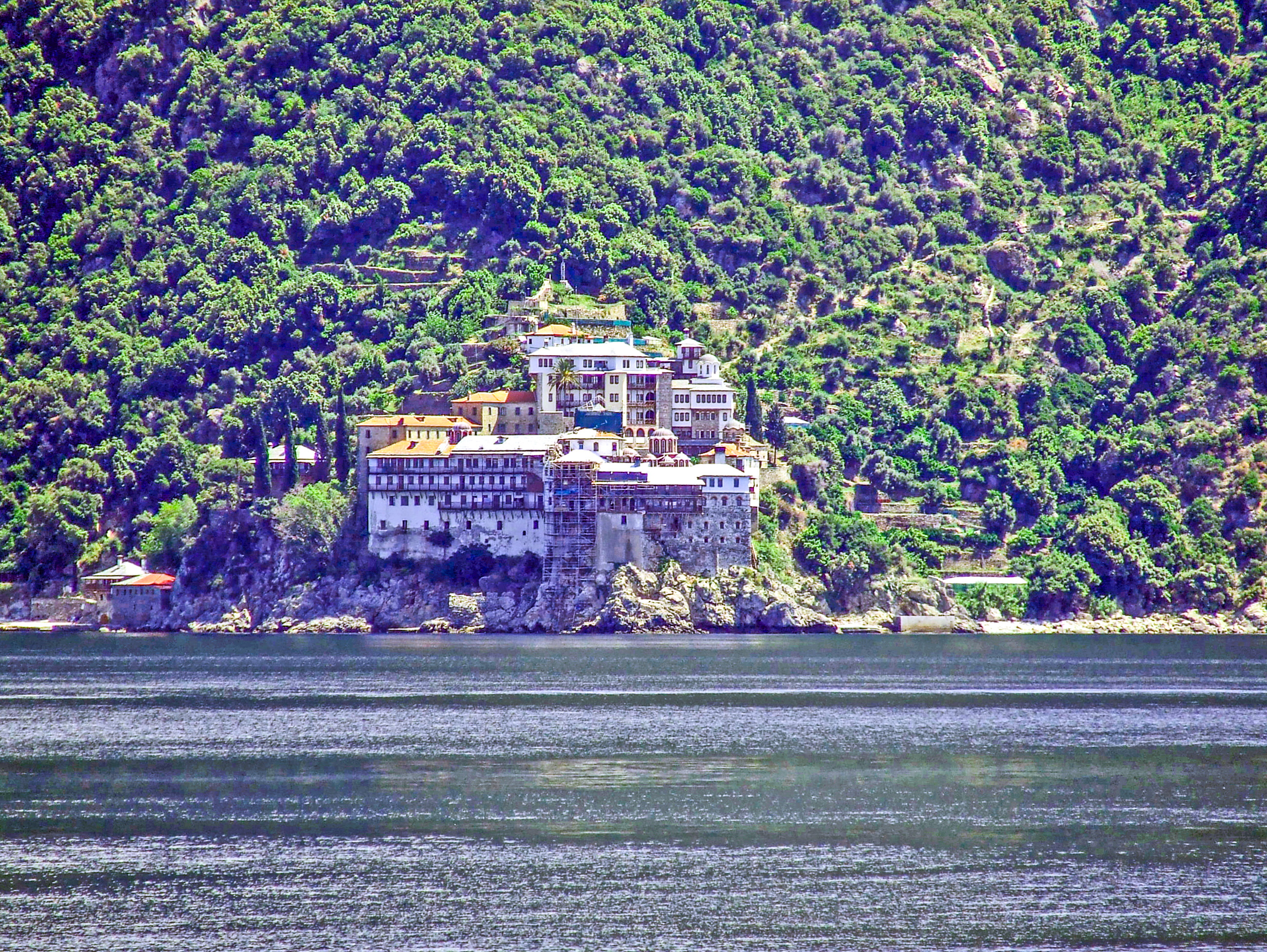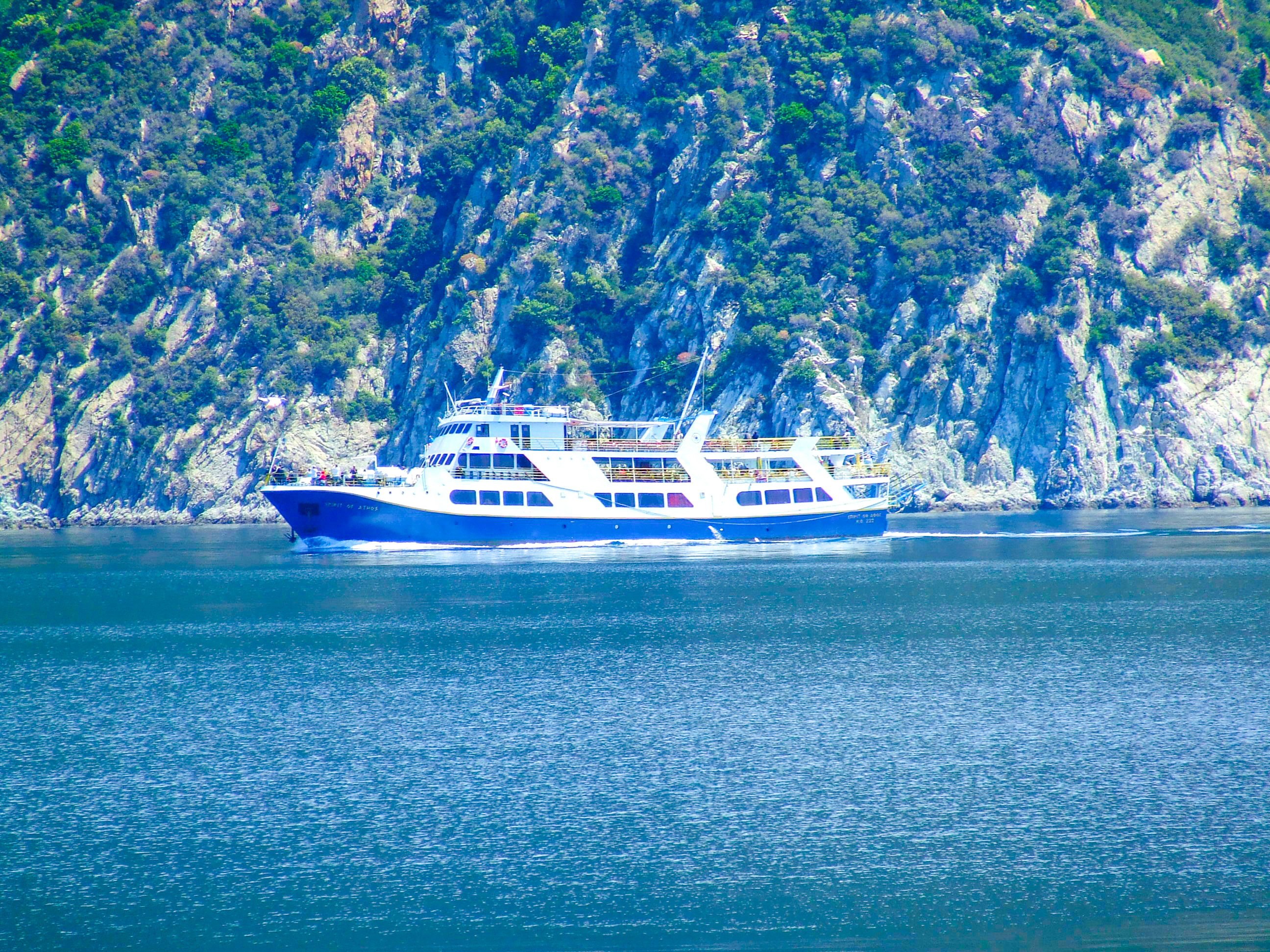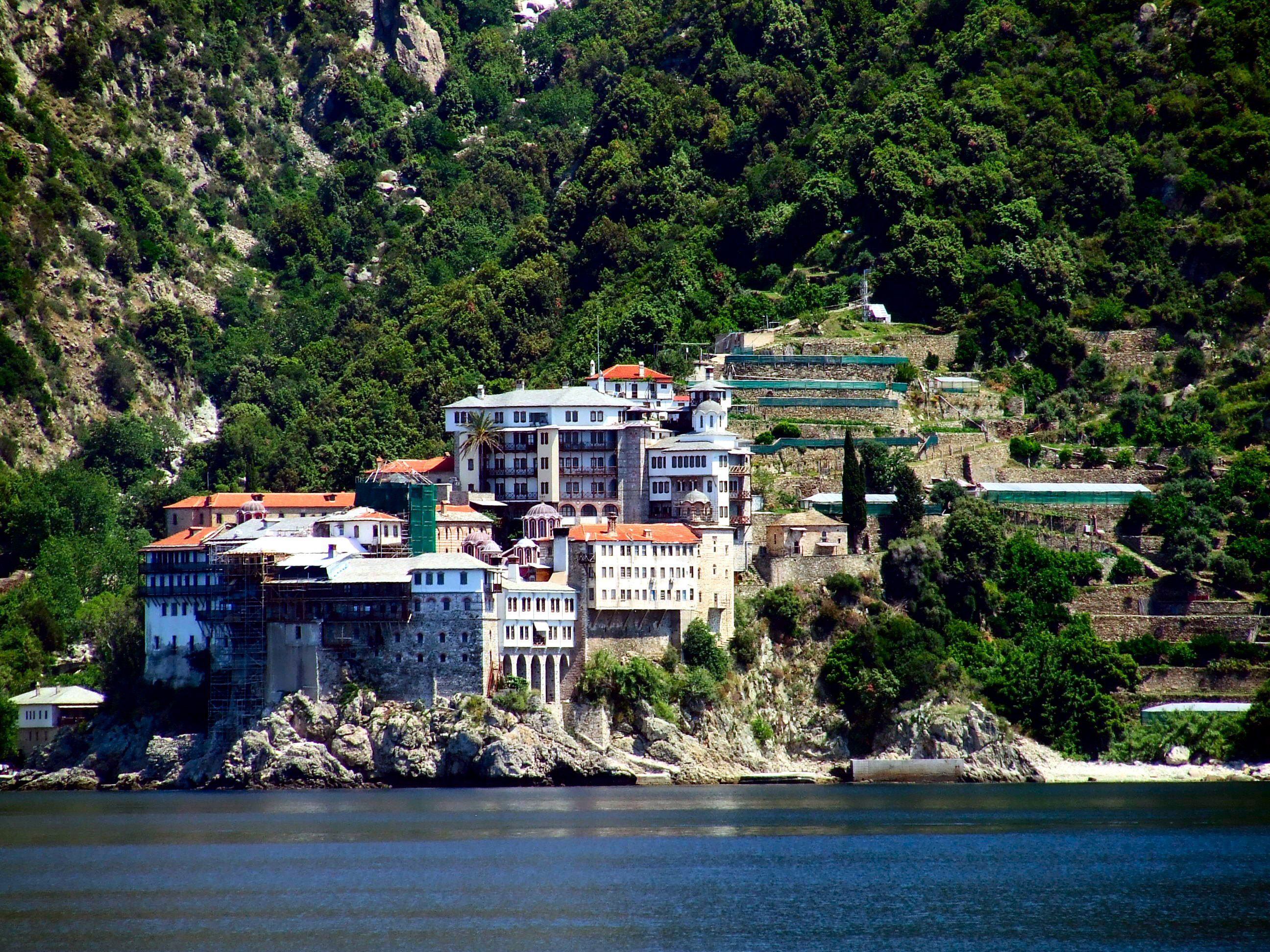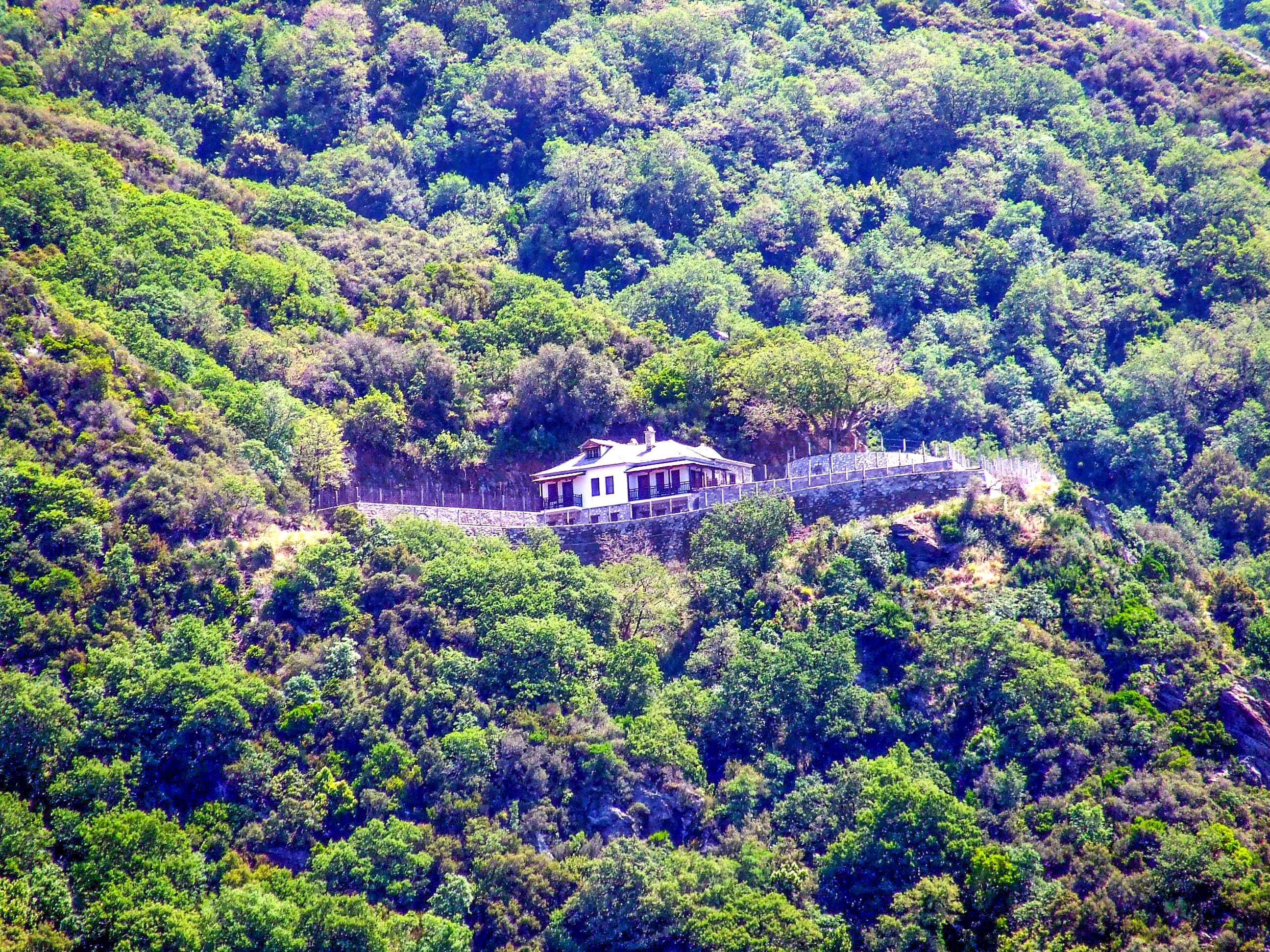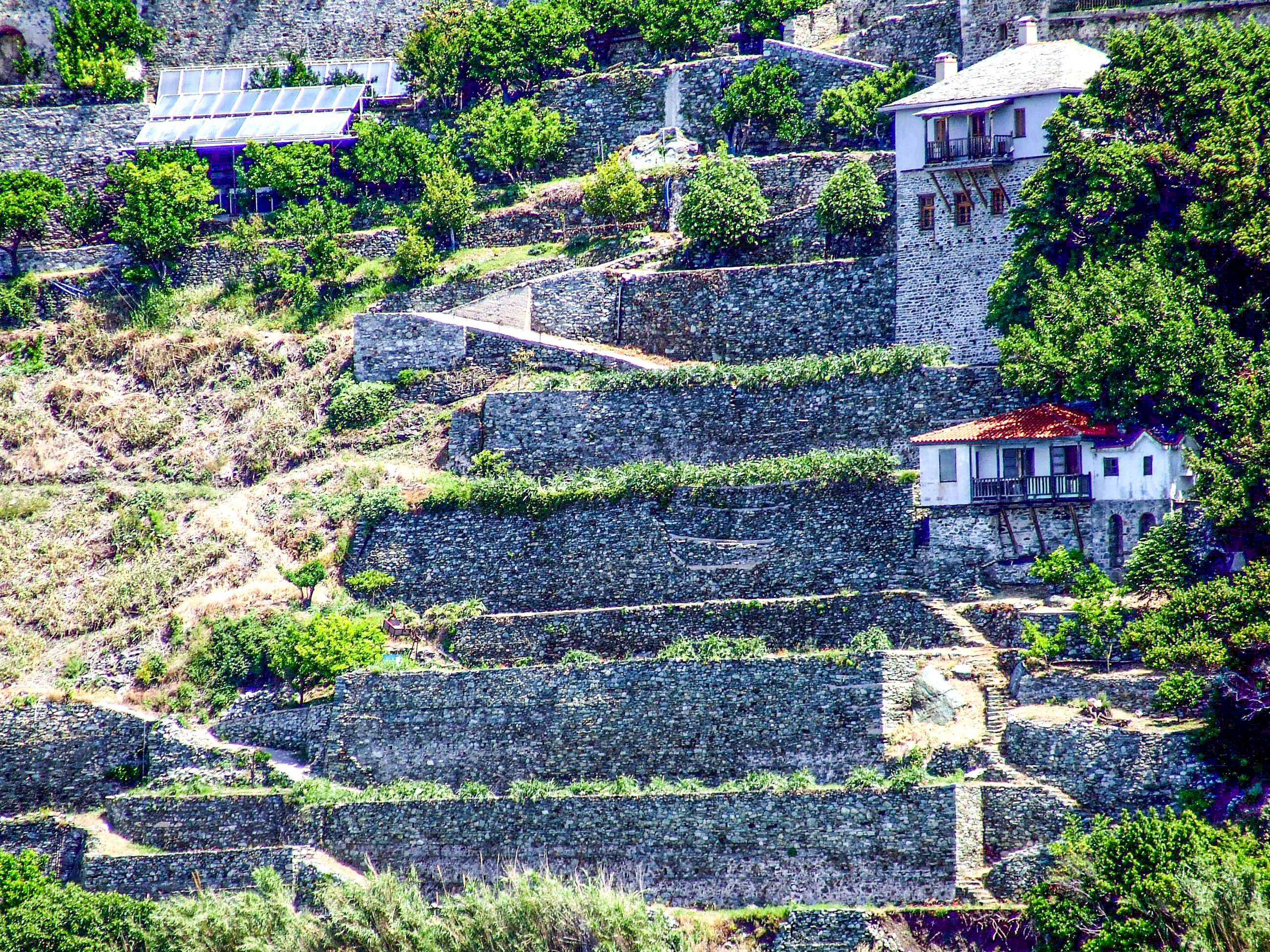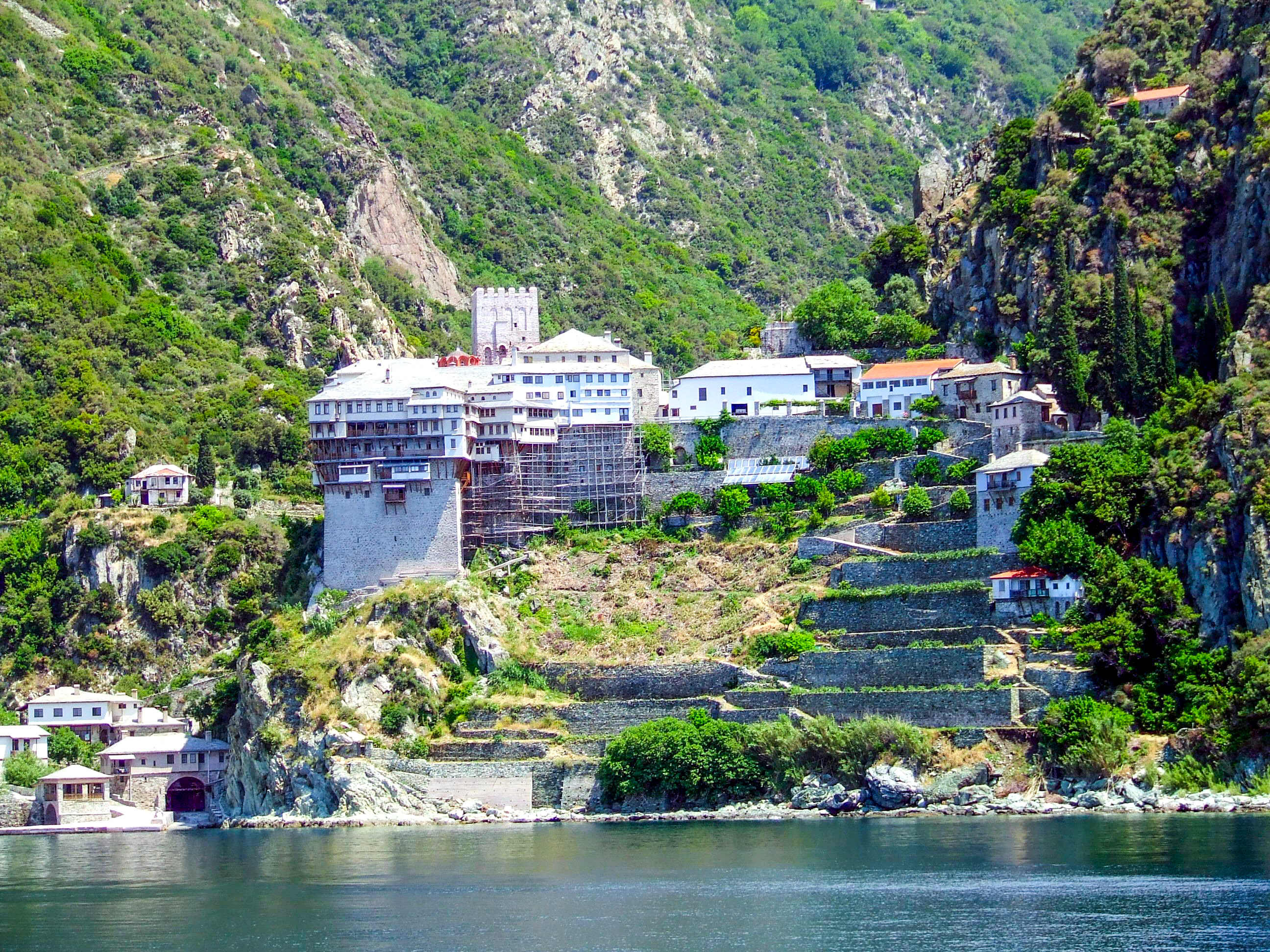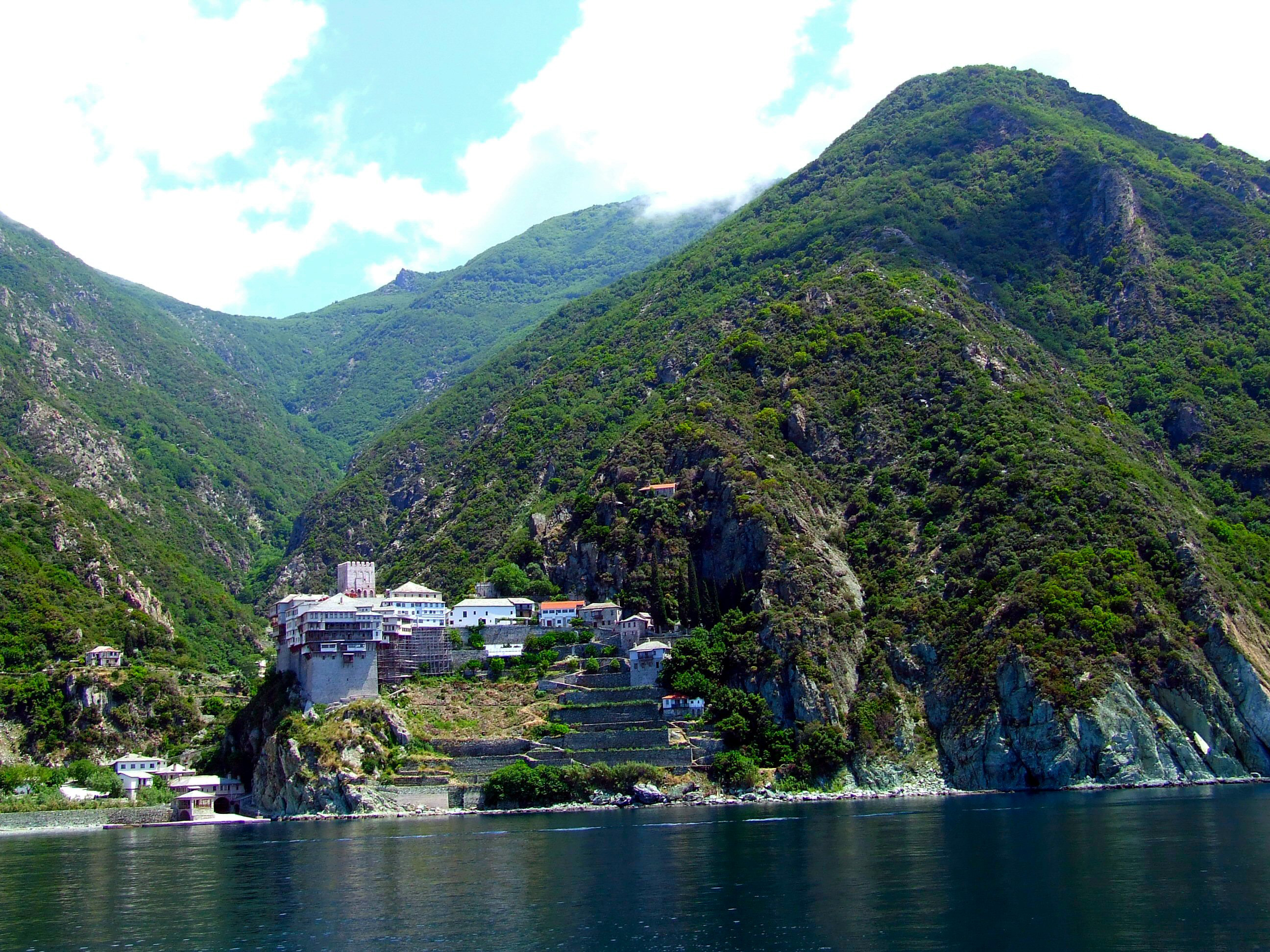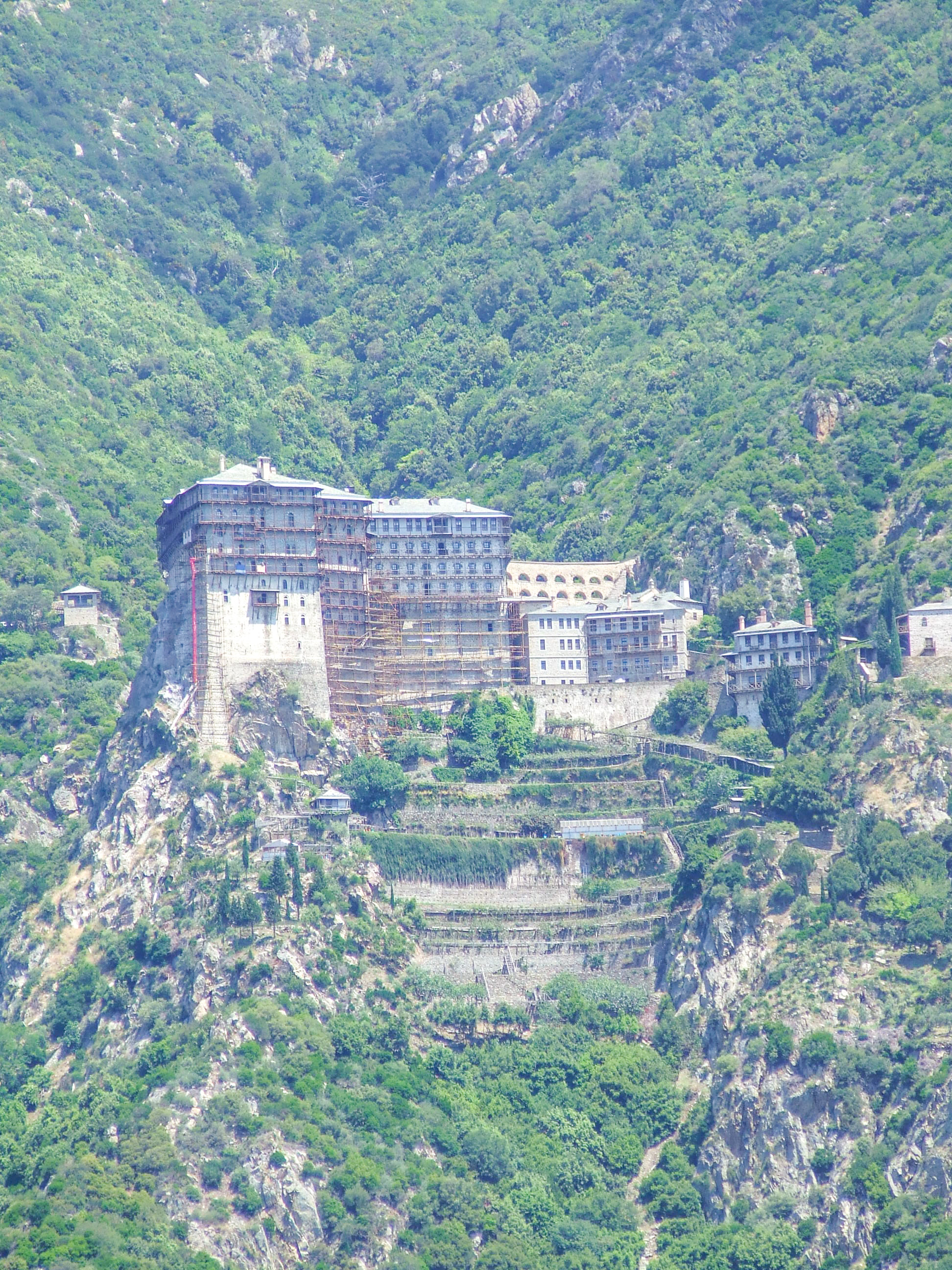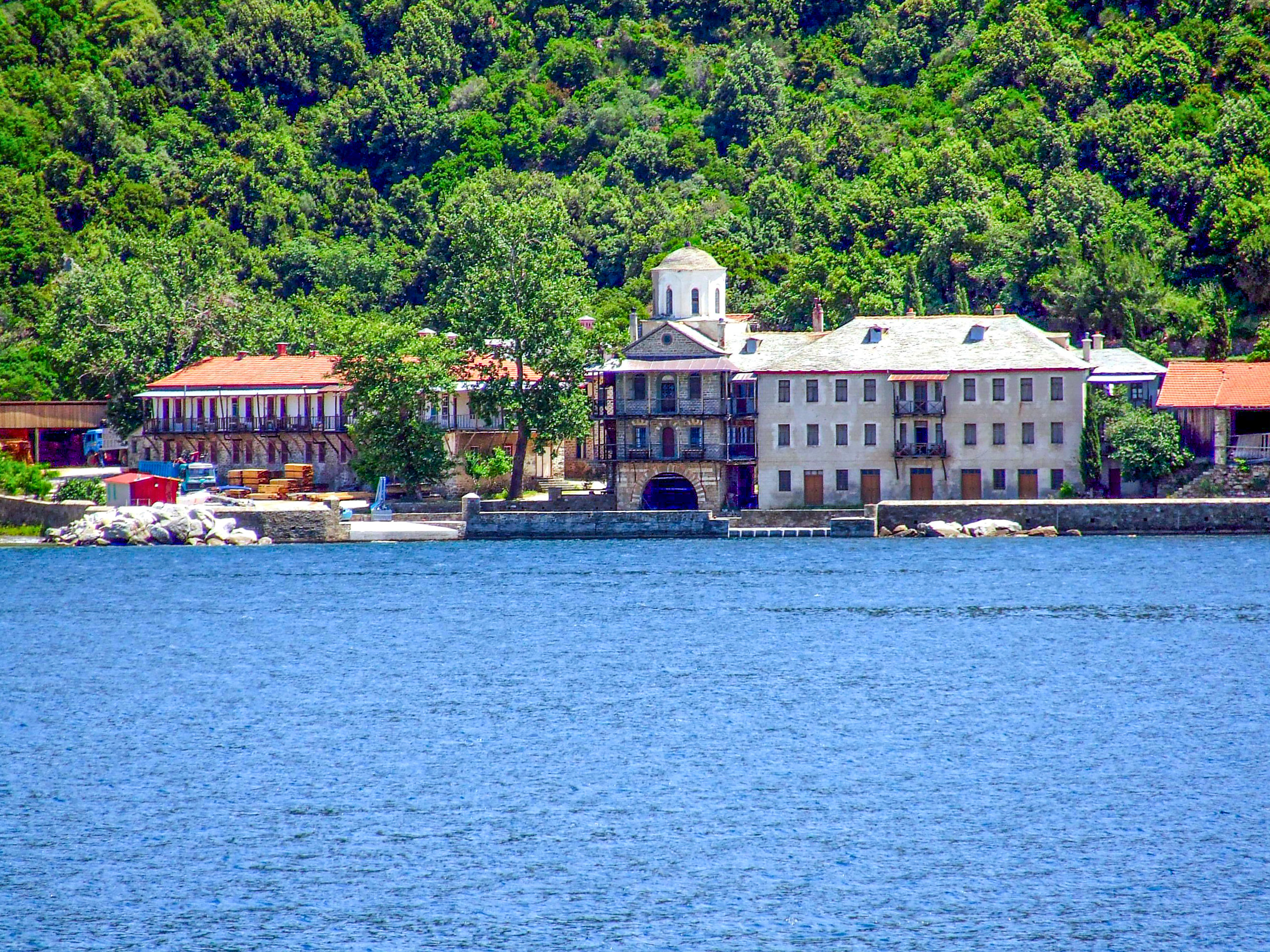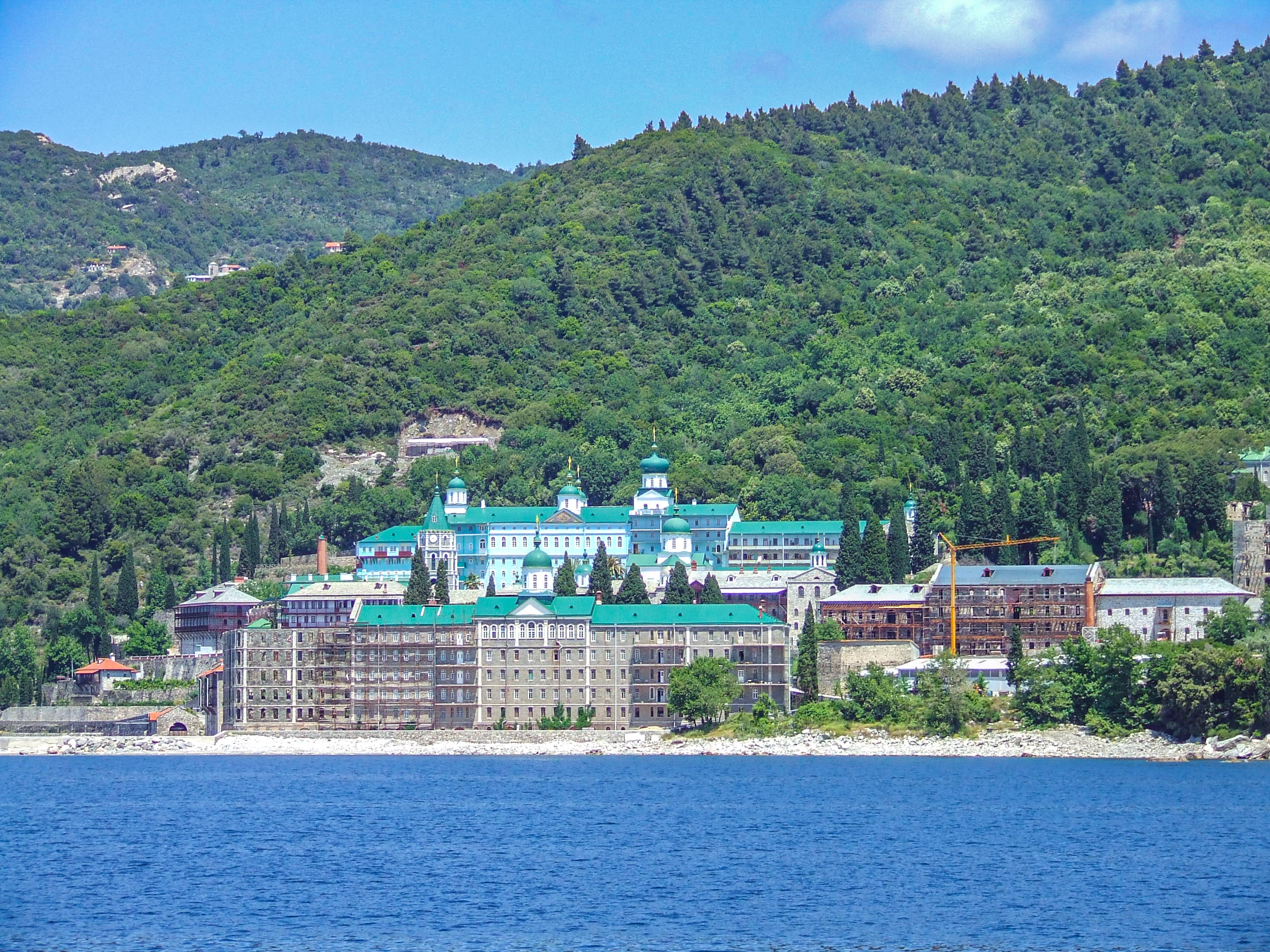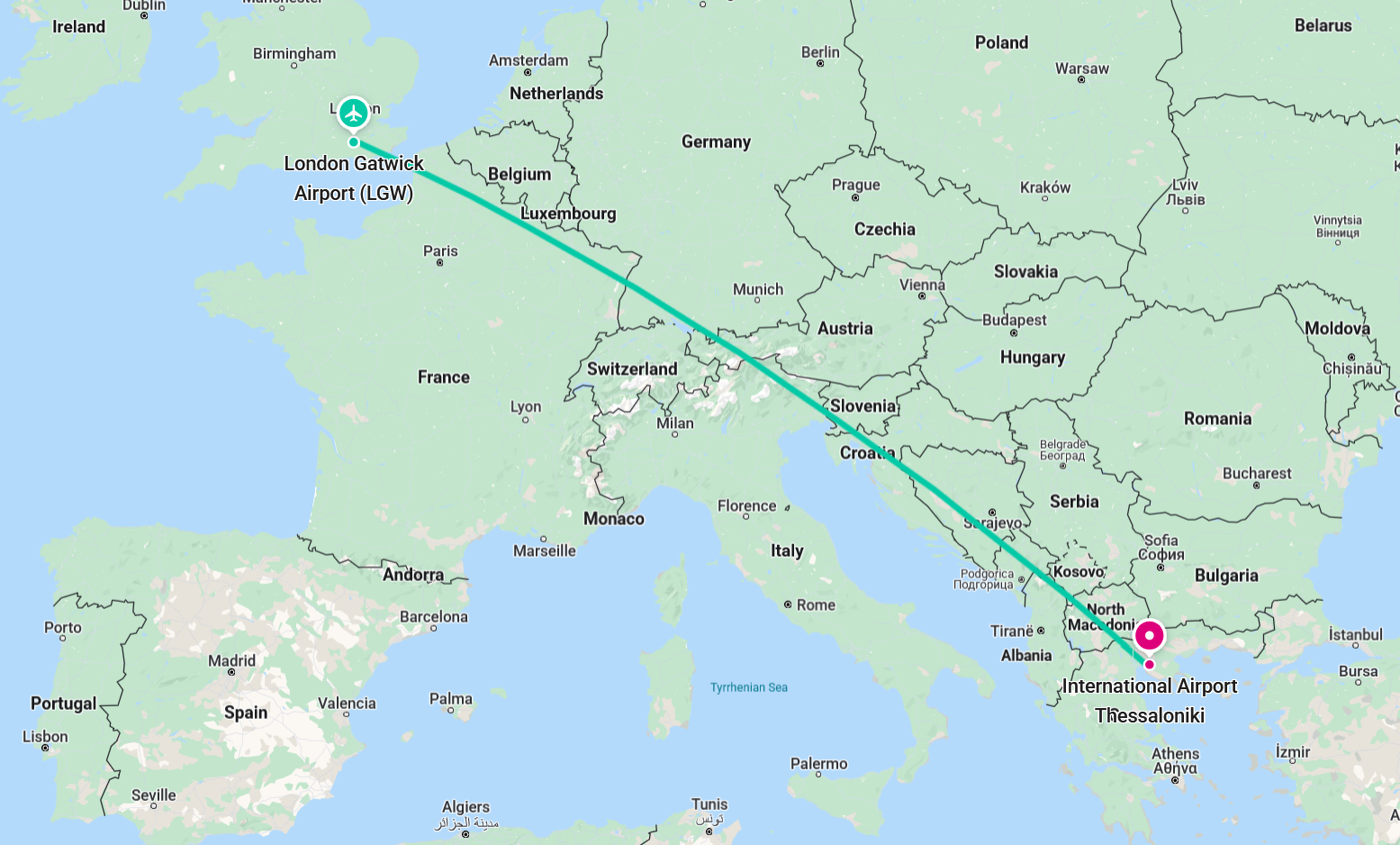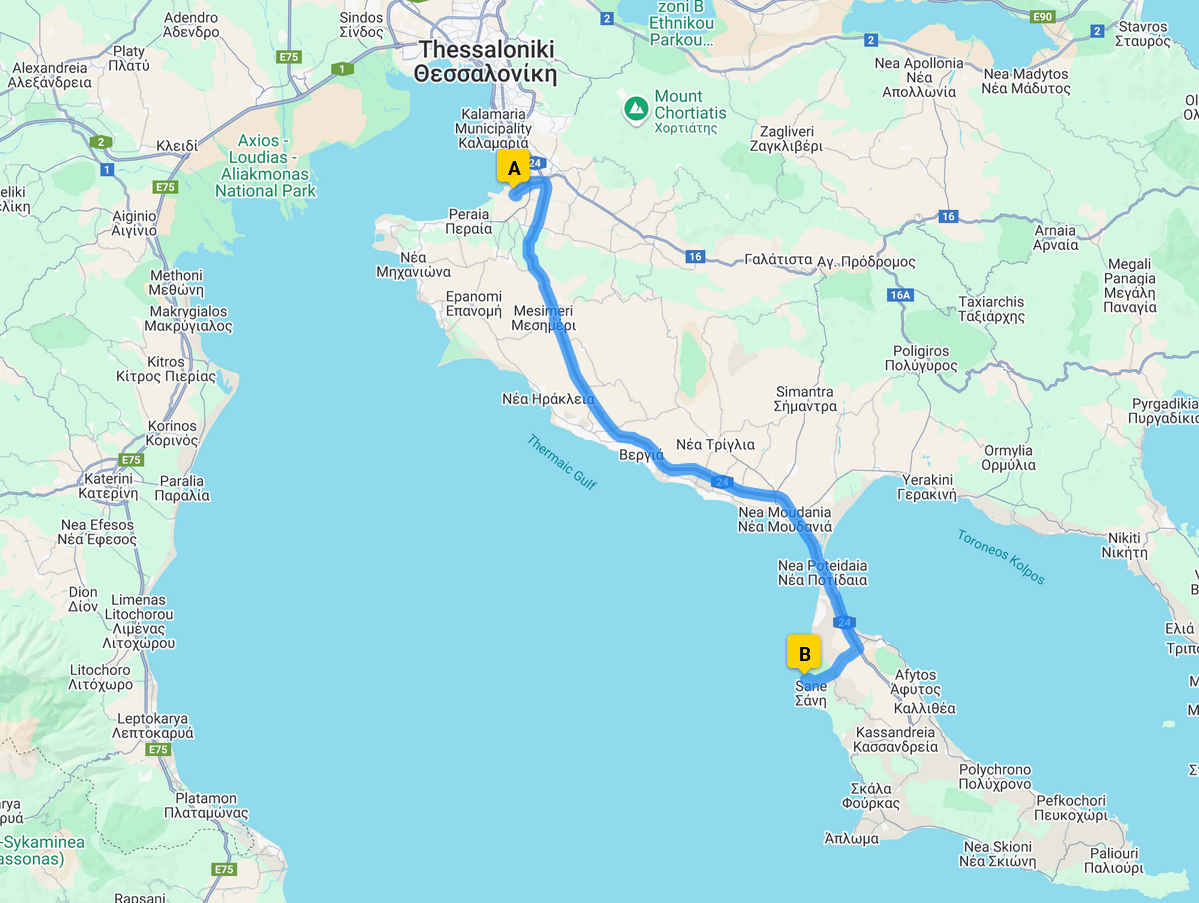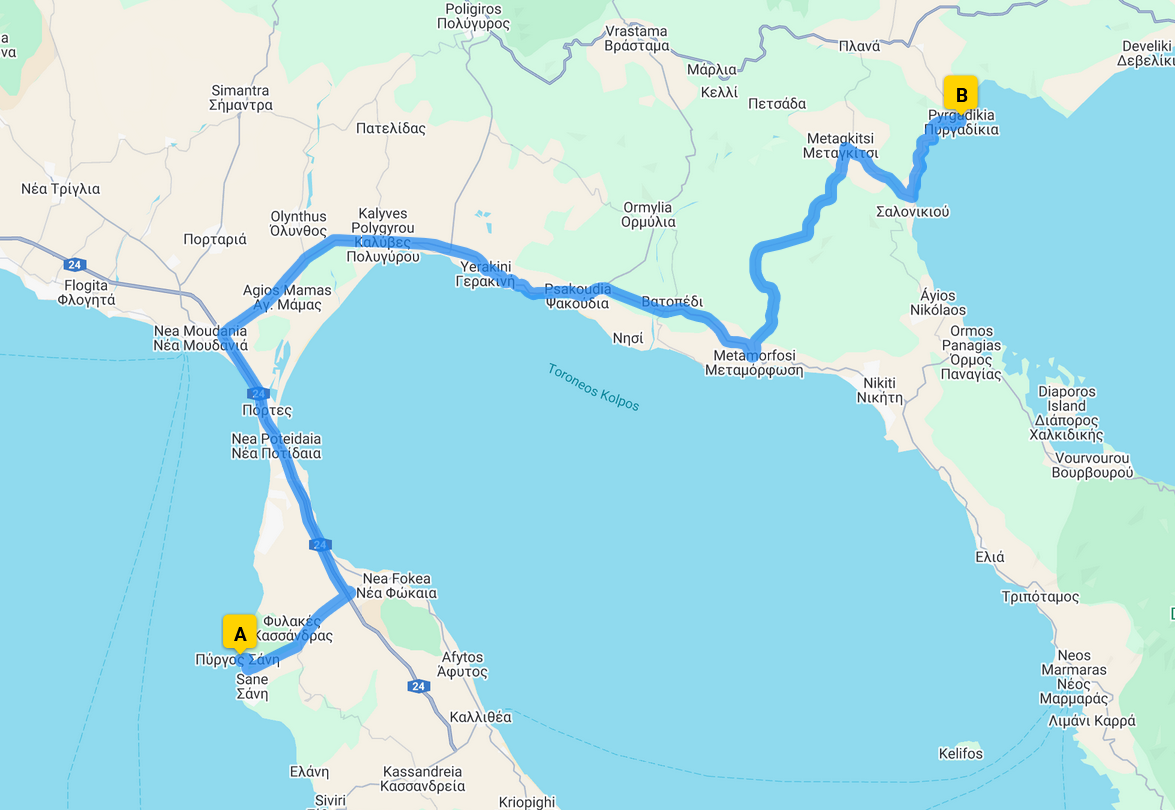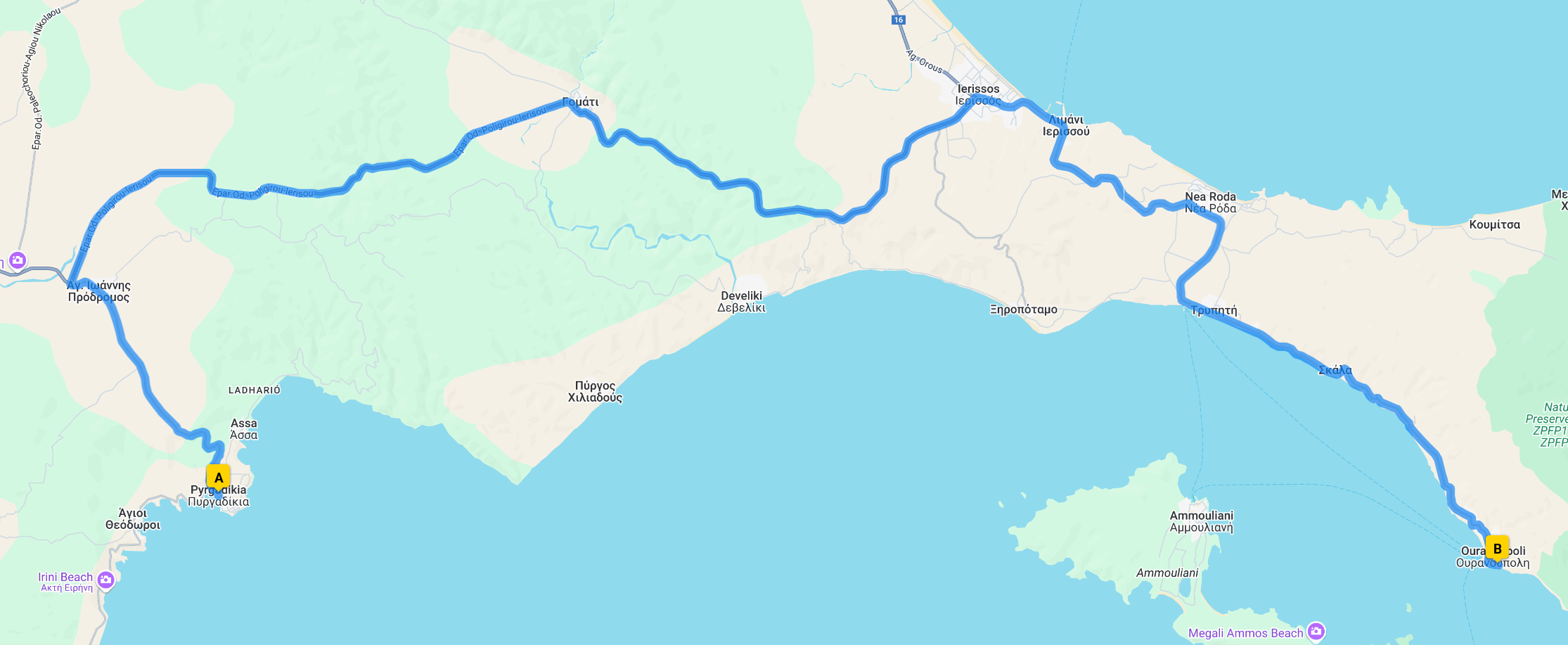About Macedonia, Greece
Greek Macedonia is a vibrant and layered region in northern Greece that celebrates both its ancient roots and its modern dynamism. It occupies the southern part of the broader geographical region known as Macedonia—an area steeped in history, mythology, and a diverse cultural legacy.
Historically, the region is linked to the ancient kingdom of Macedon, whose kings, including Philip II and Alexander the Great, reshaped the ancient world. This historical connection infuses the area with a sense of pride and continuity. Over the centuries, Greek Macedonia has experienced a succession of eras—Hellenistic, Roman, Byzantine, and Ottoman—that have each left their mark on its art, architecture, and cultural practices .
Today, Greek Macedonia is not only celebrated for its historical significance but also for its modern attributes. The region embraces vibrant cities such as Thessaloníki, the nation's second-largest city, known for its bustling urban energy, rich historical architecture, and culinary delights. Beyond the urban centers, the landscapes of Greek Macedonia offer picturesque mountainous terrains, fertile valleys, and scenic coastlines that invite exploration and reflection. These natural features, along with the remnants of ancient sites and monuments, contribute to a region that is as much a modern cultural hub as it is a living museum of European history .
Moreover, Greek Macedonia's residents proudly maintain a dual identity: rooted in a historical legacy that includes ancient myths and national heroes, while also actively engaging with contemporary Greek society. This blend is reflected in local festivals, traditional music, and culinary customs that bring communities together, illustrating how the past and present coexist in a dynamic cultural tapestry .
References
Text generated by Microsoft CoPilot
- Wikipedia: Macedonia (Greece)
- Britannica: Macedonia
